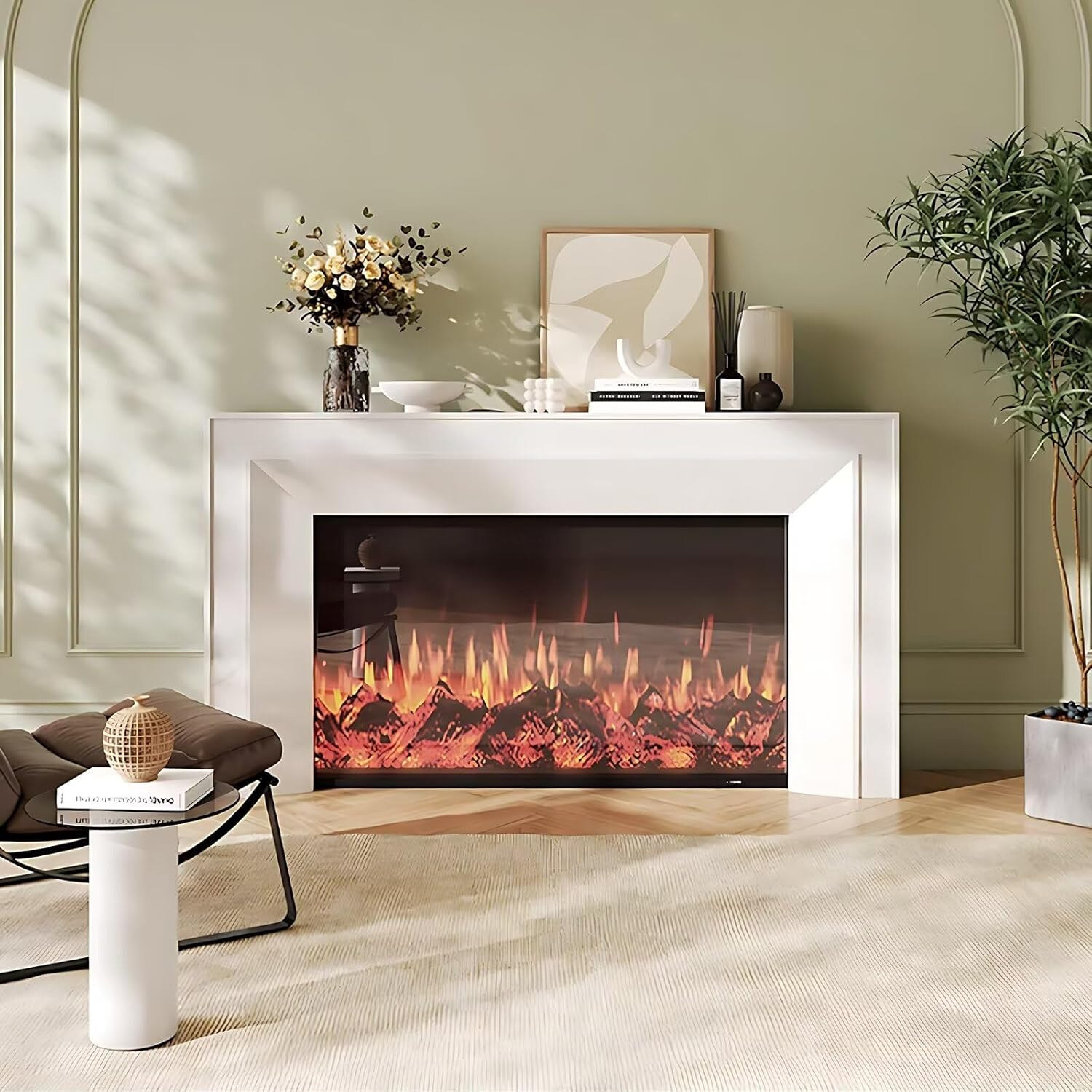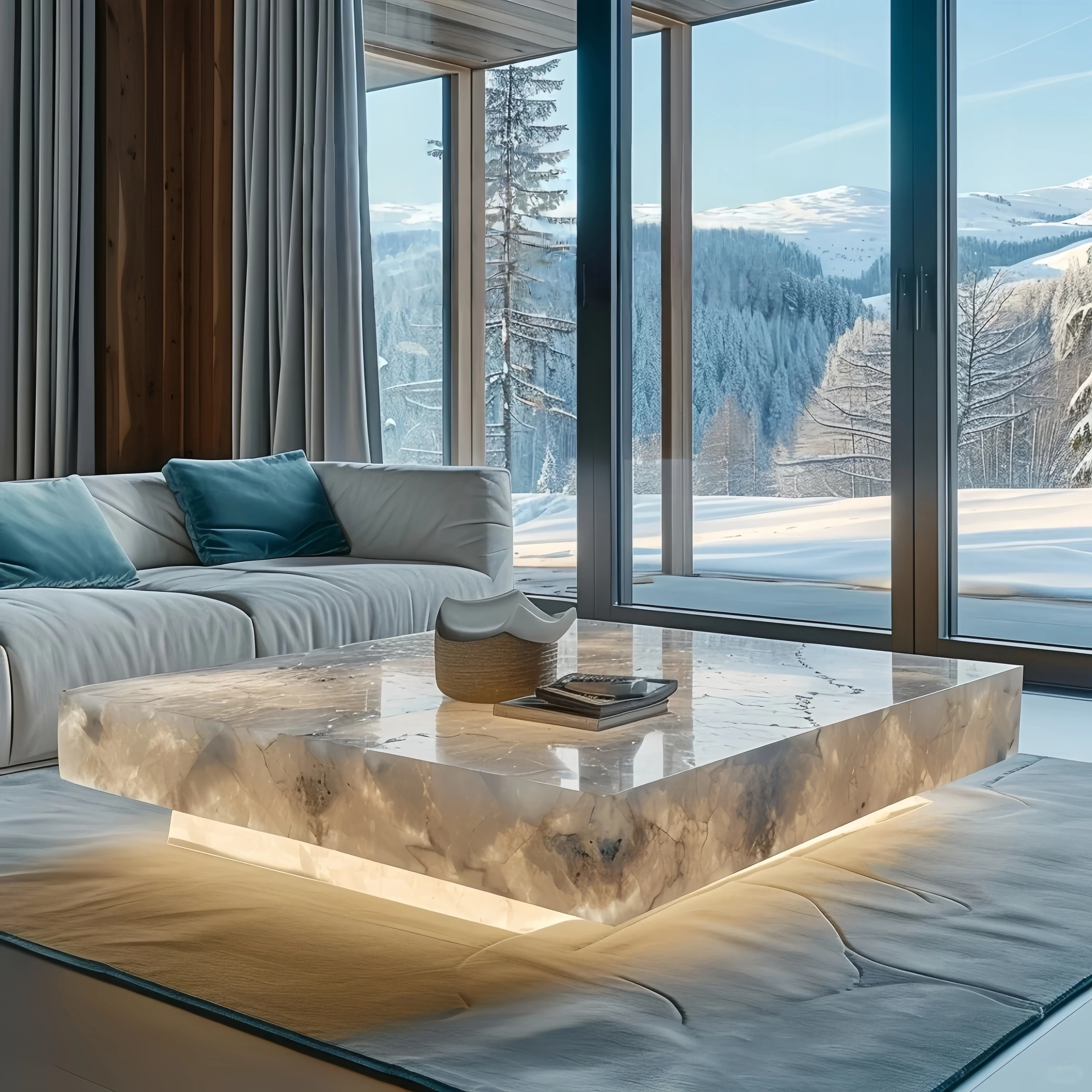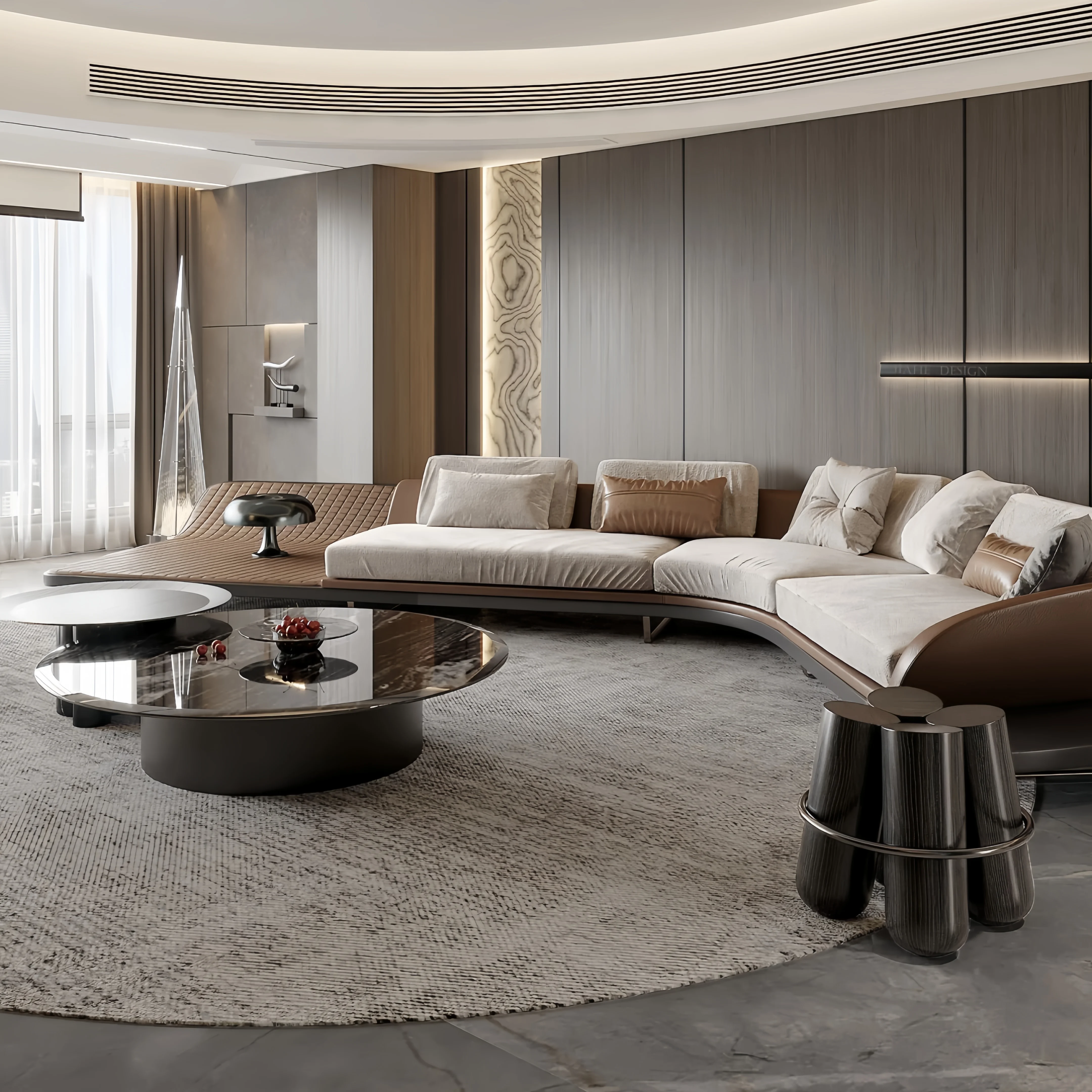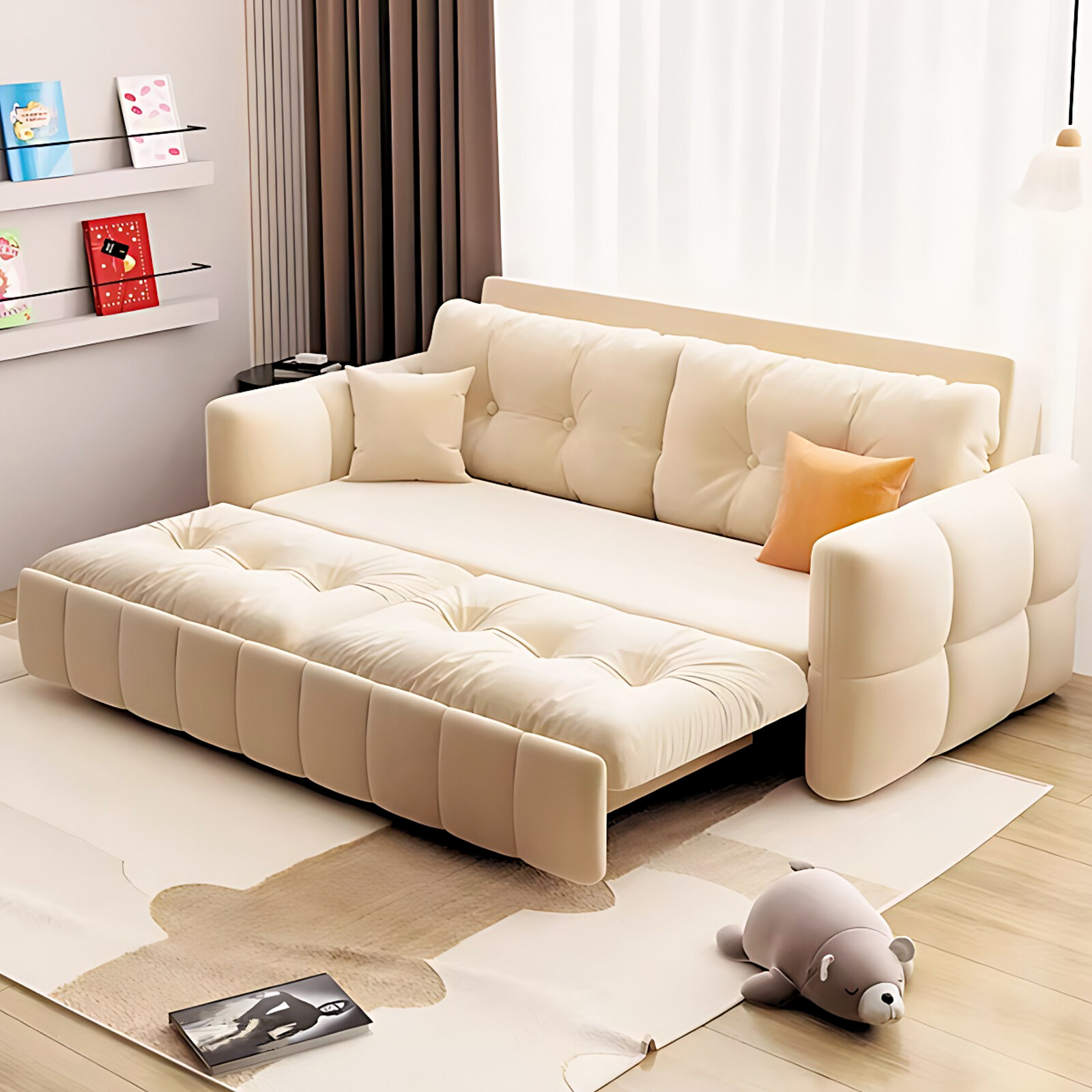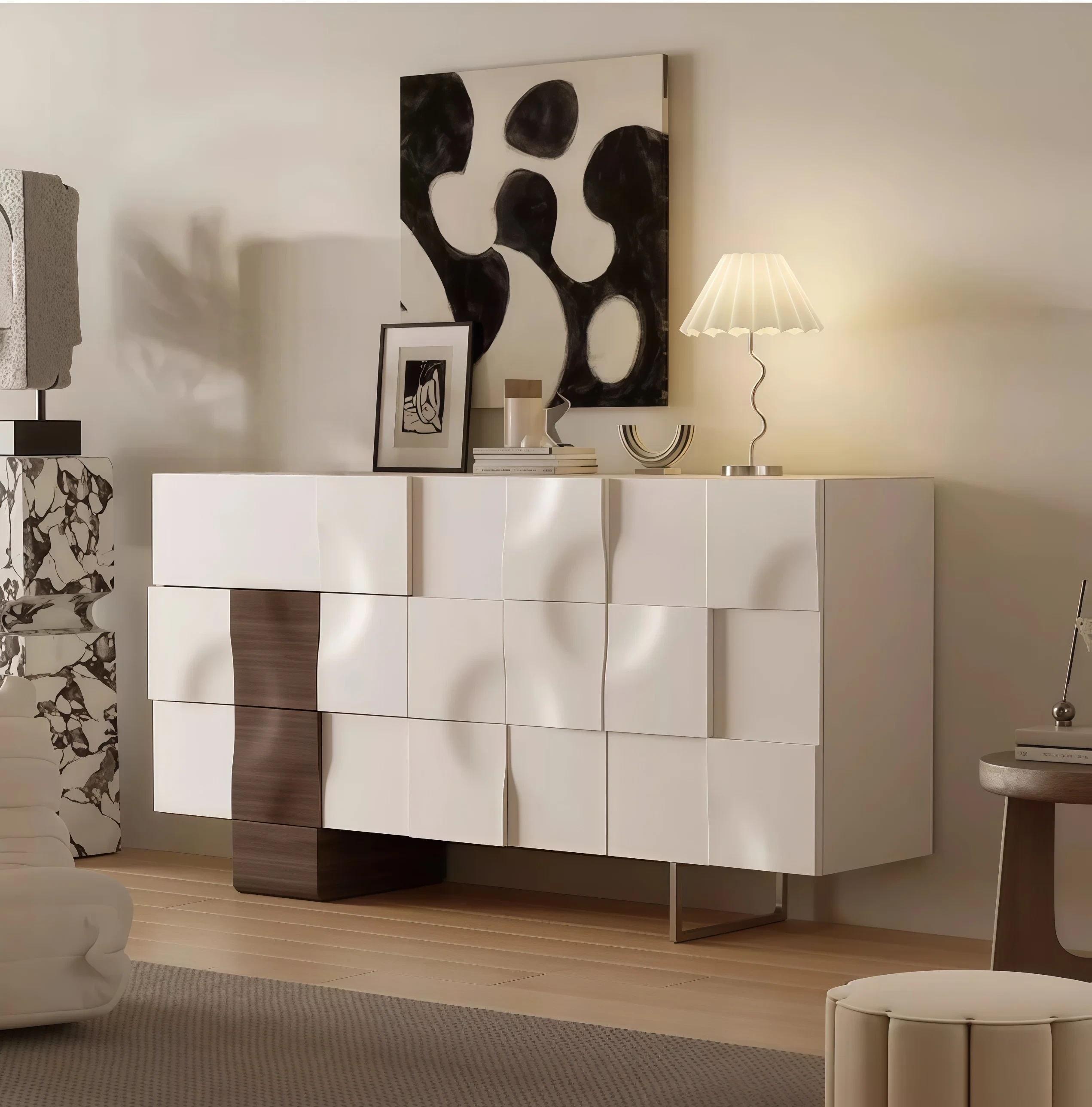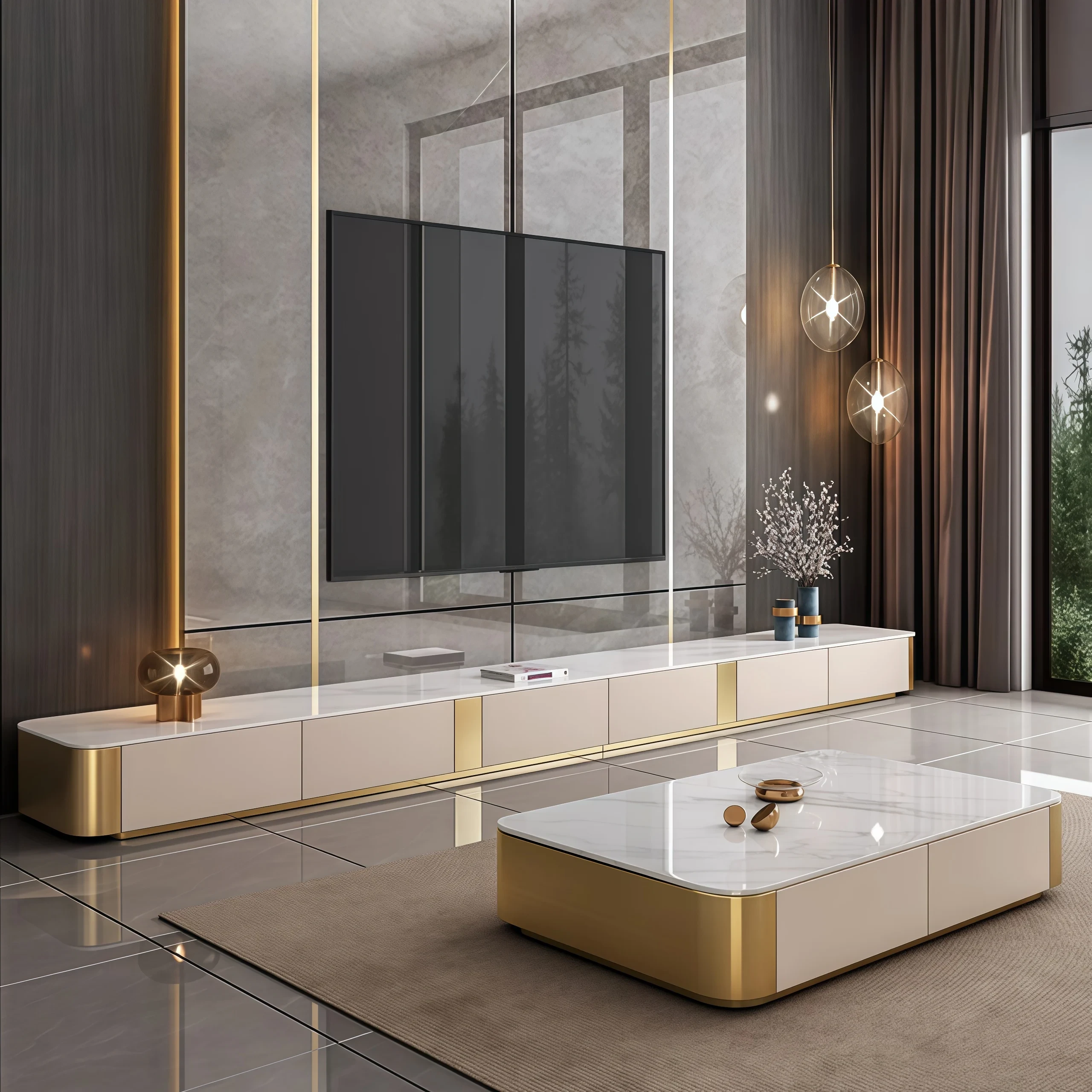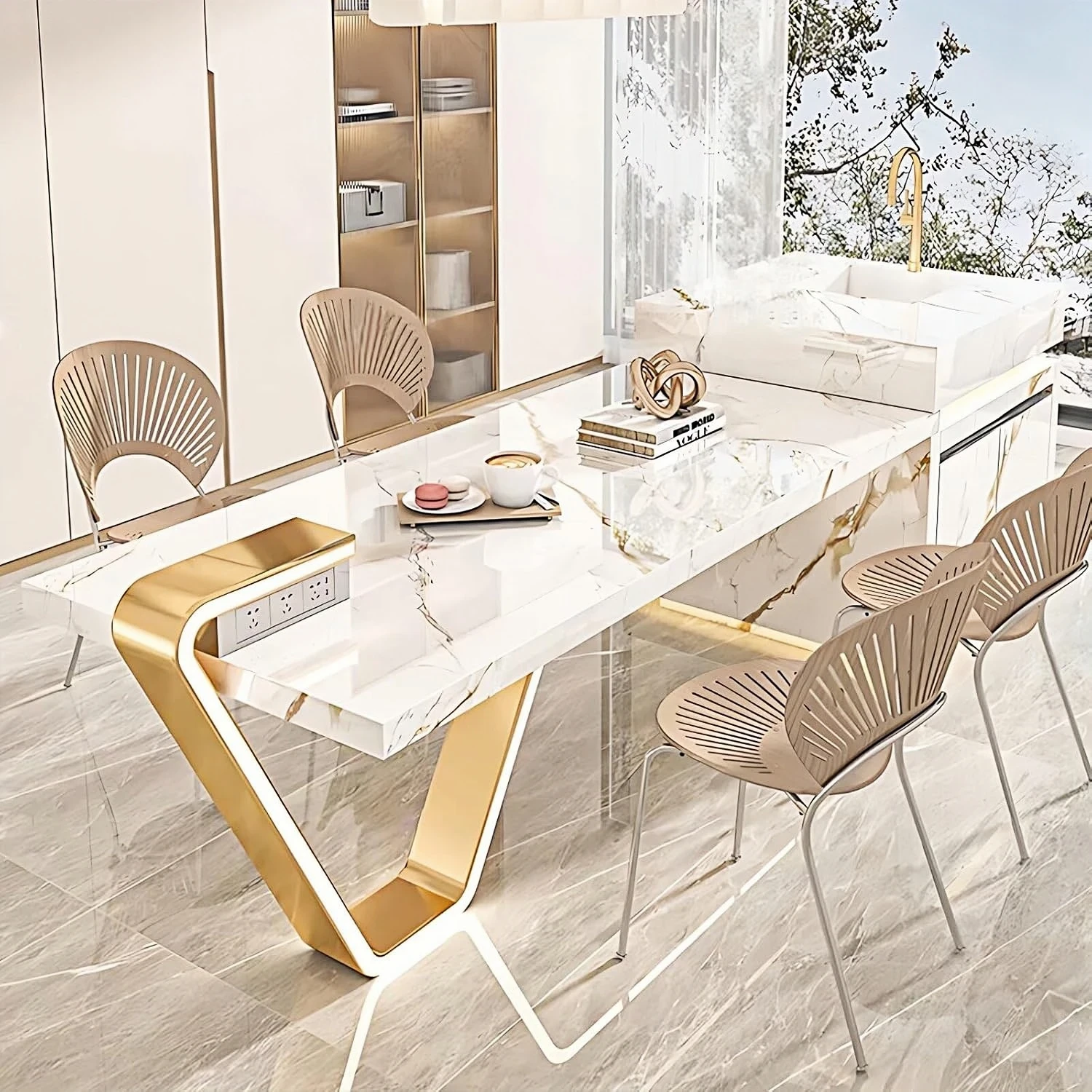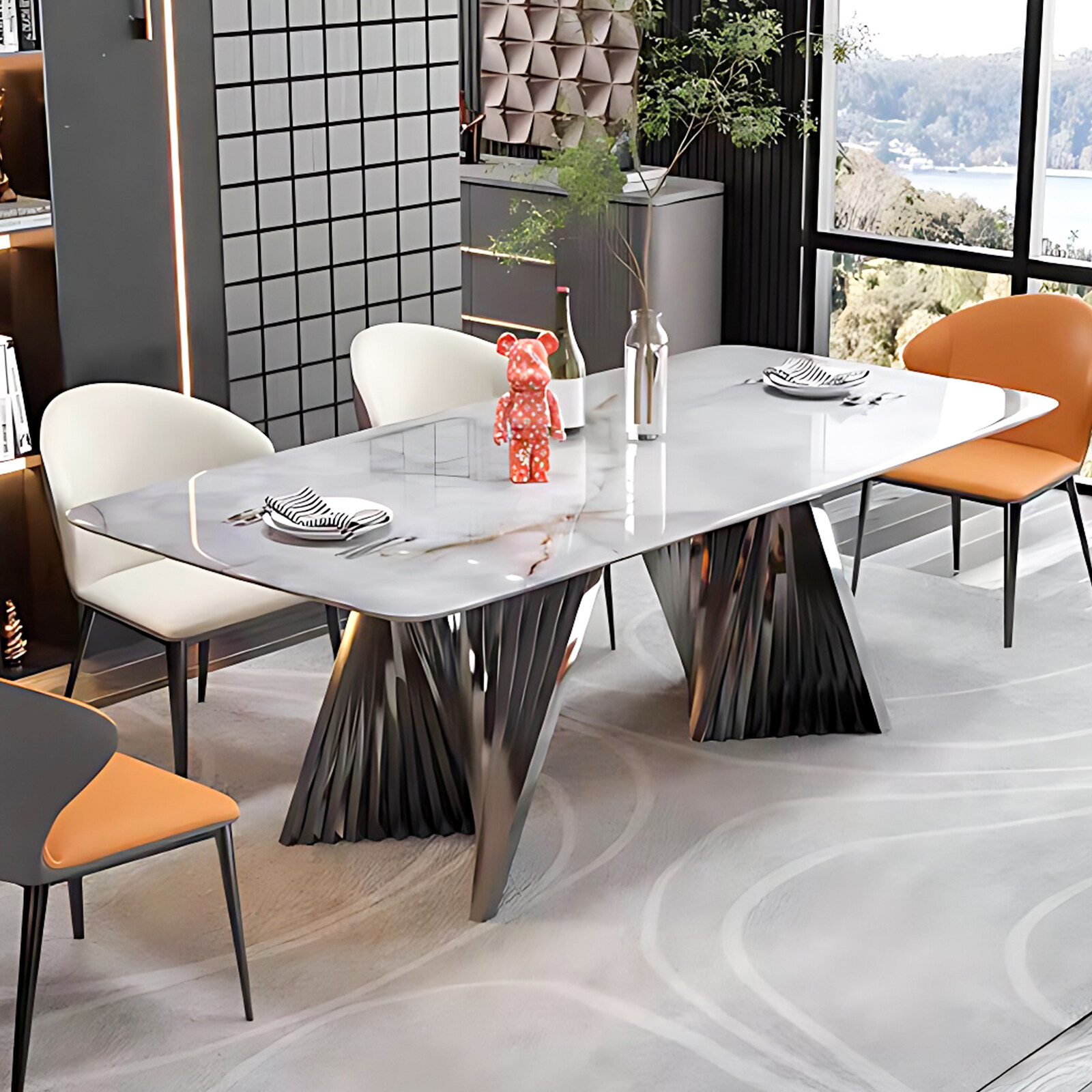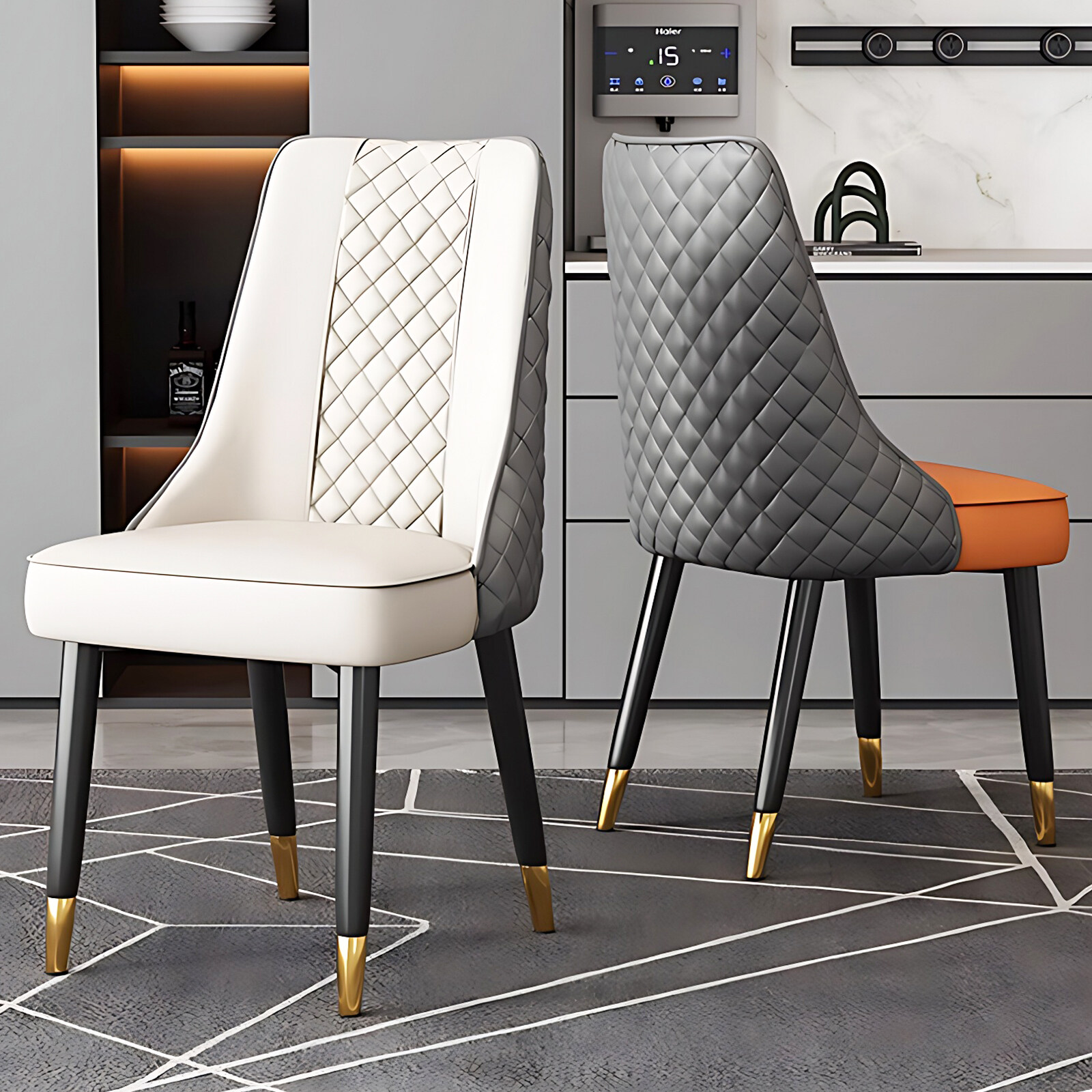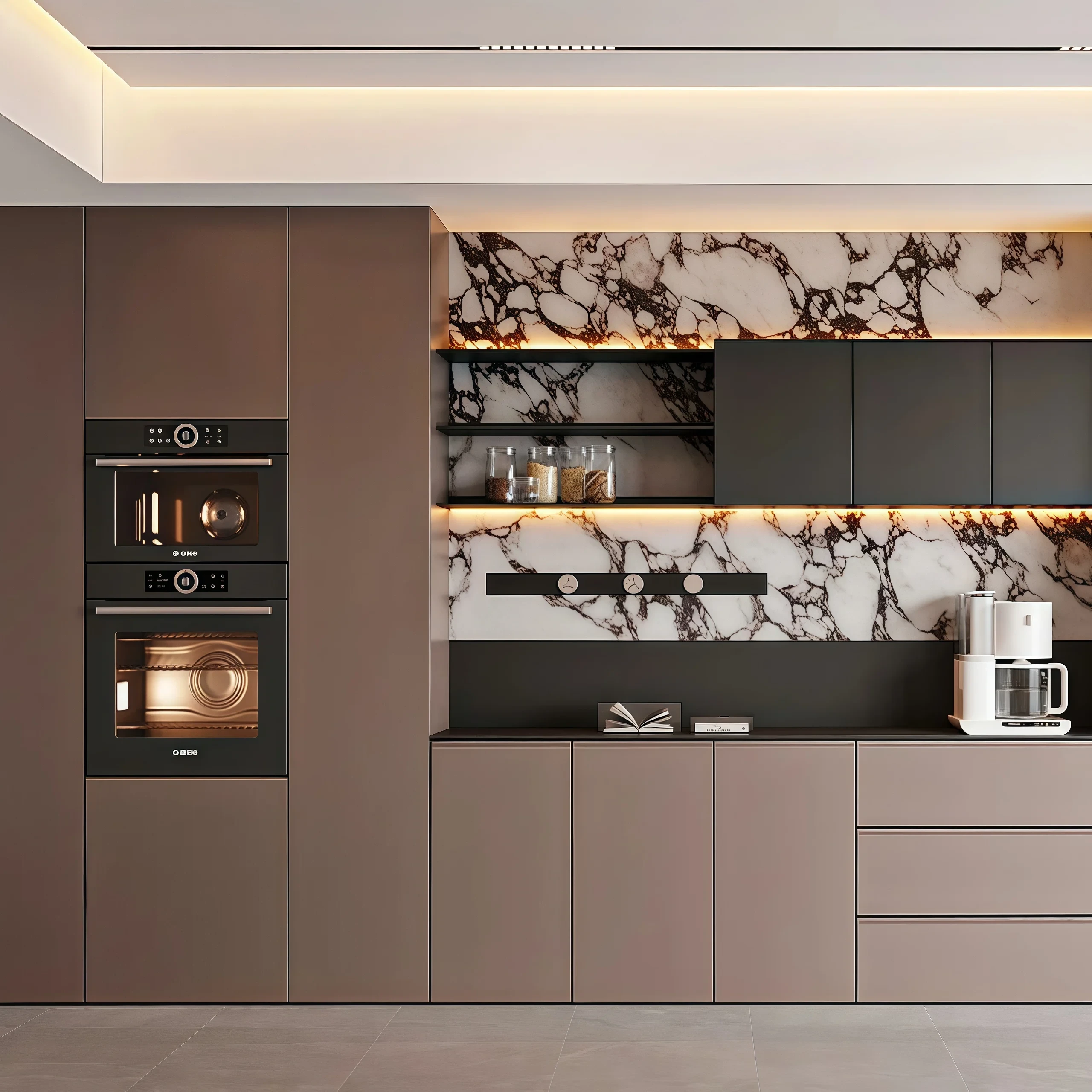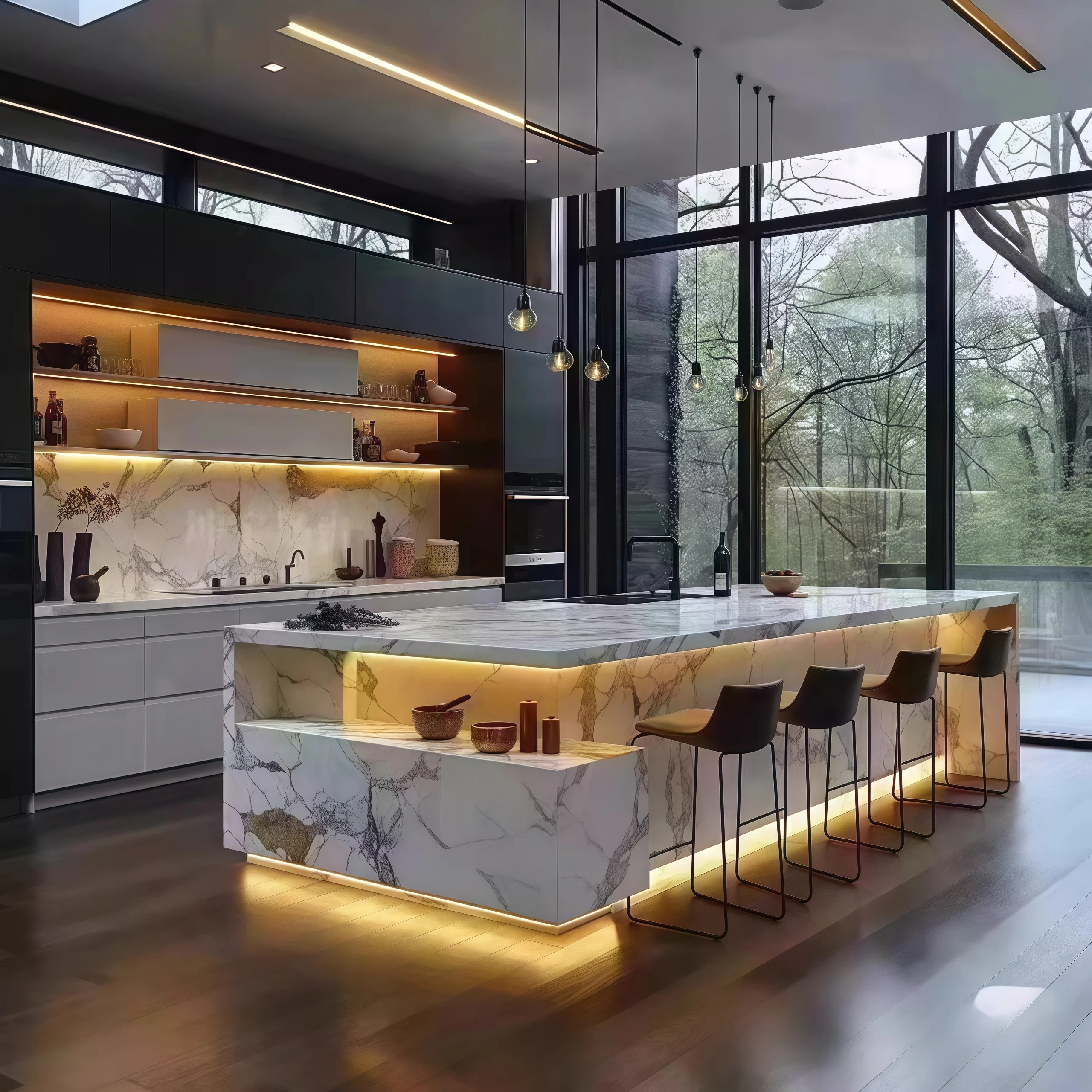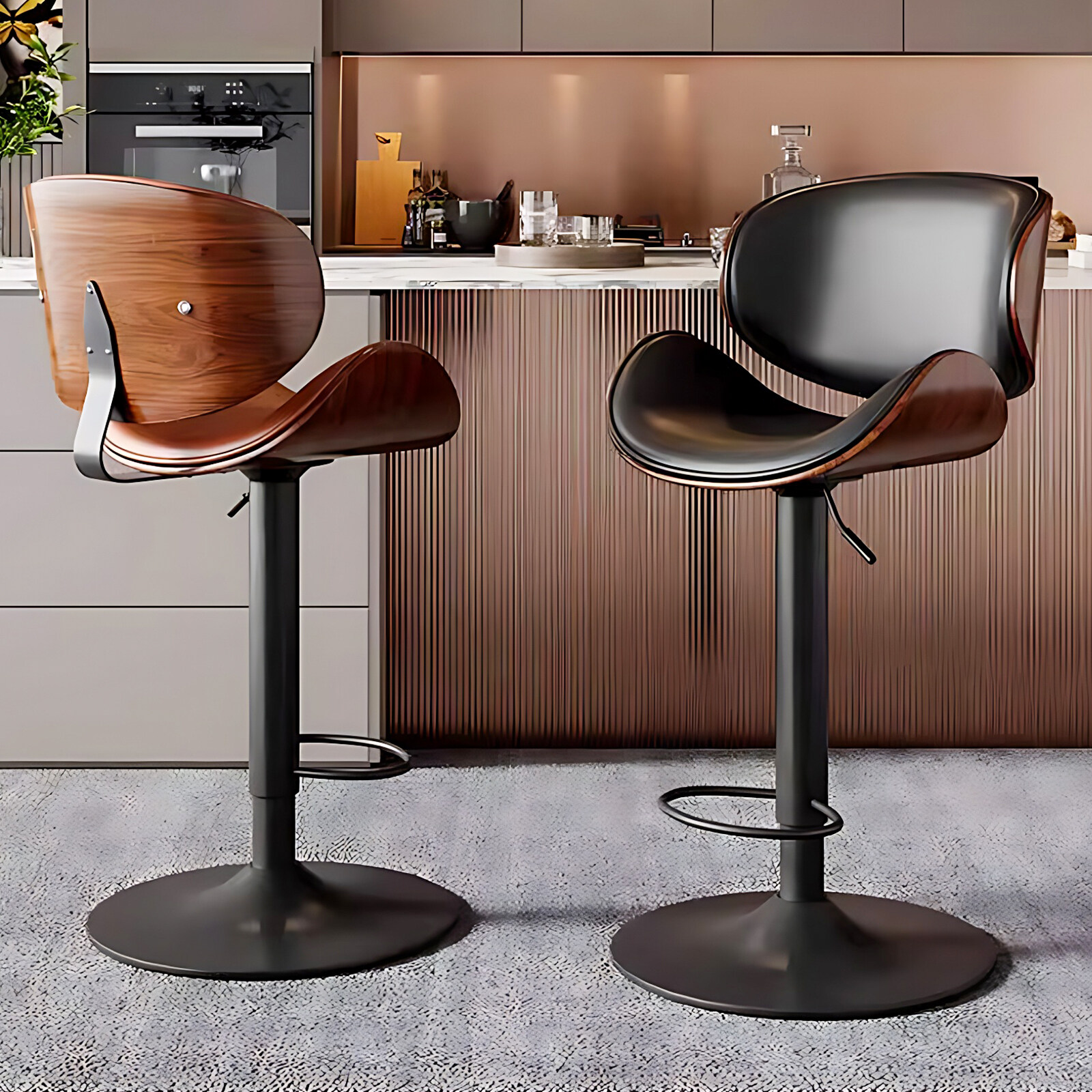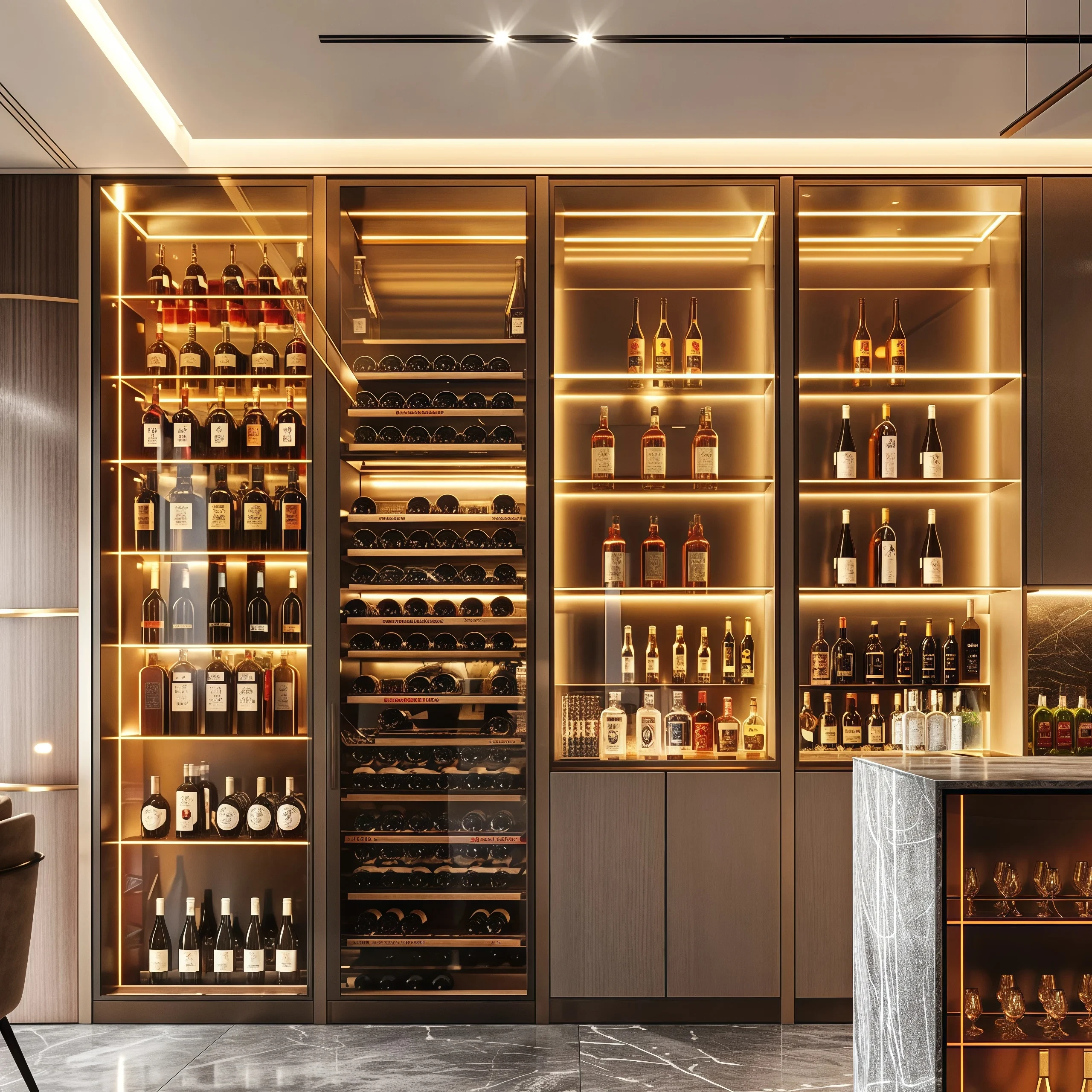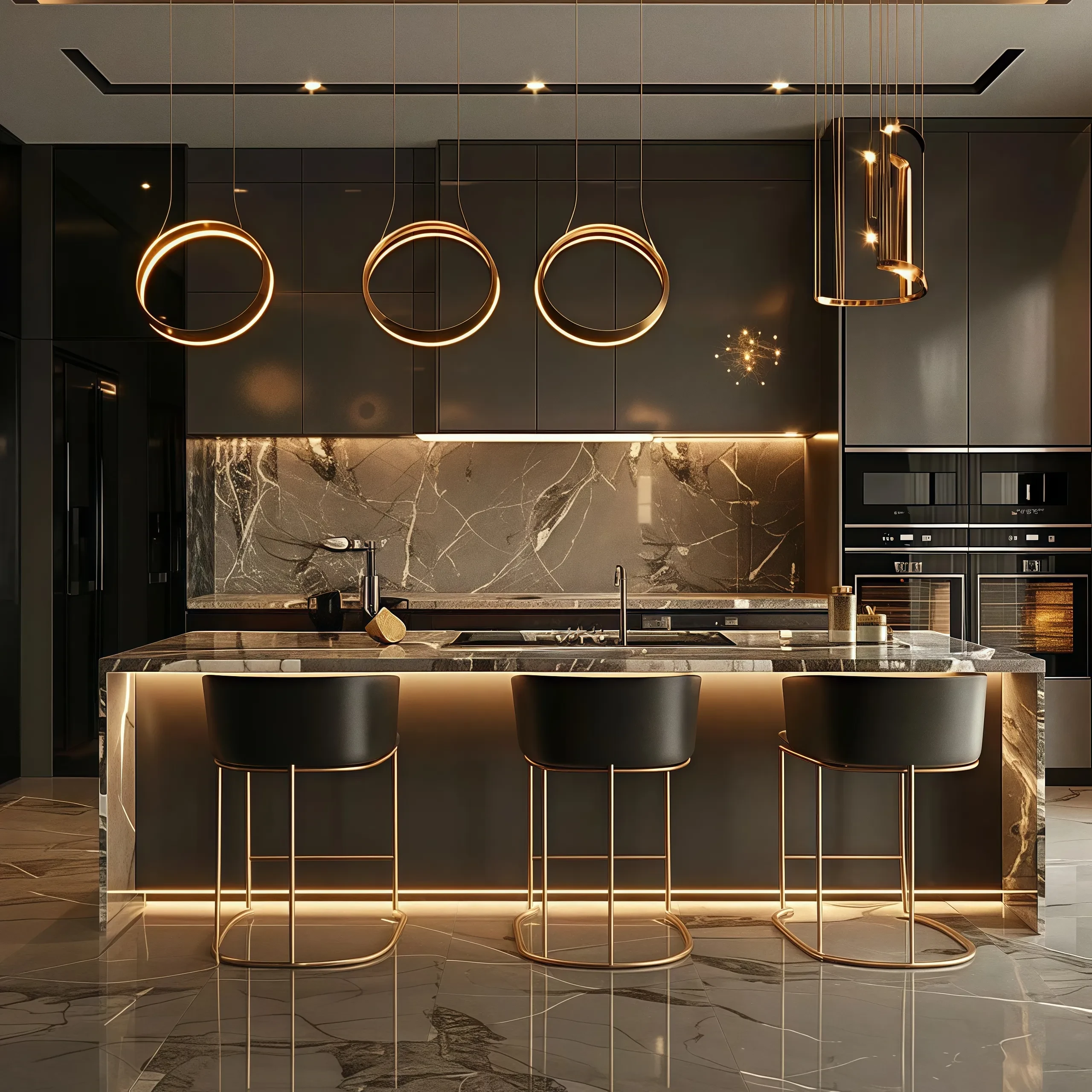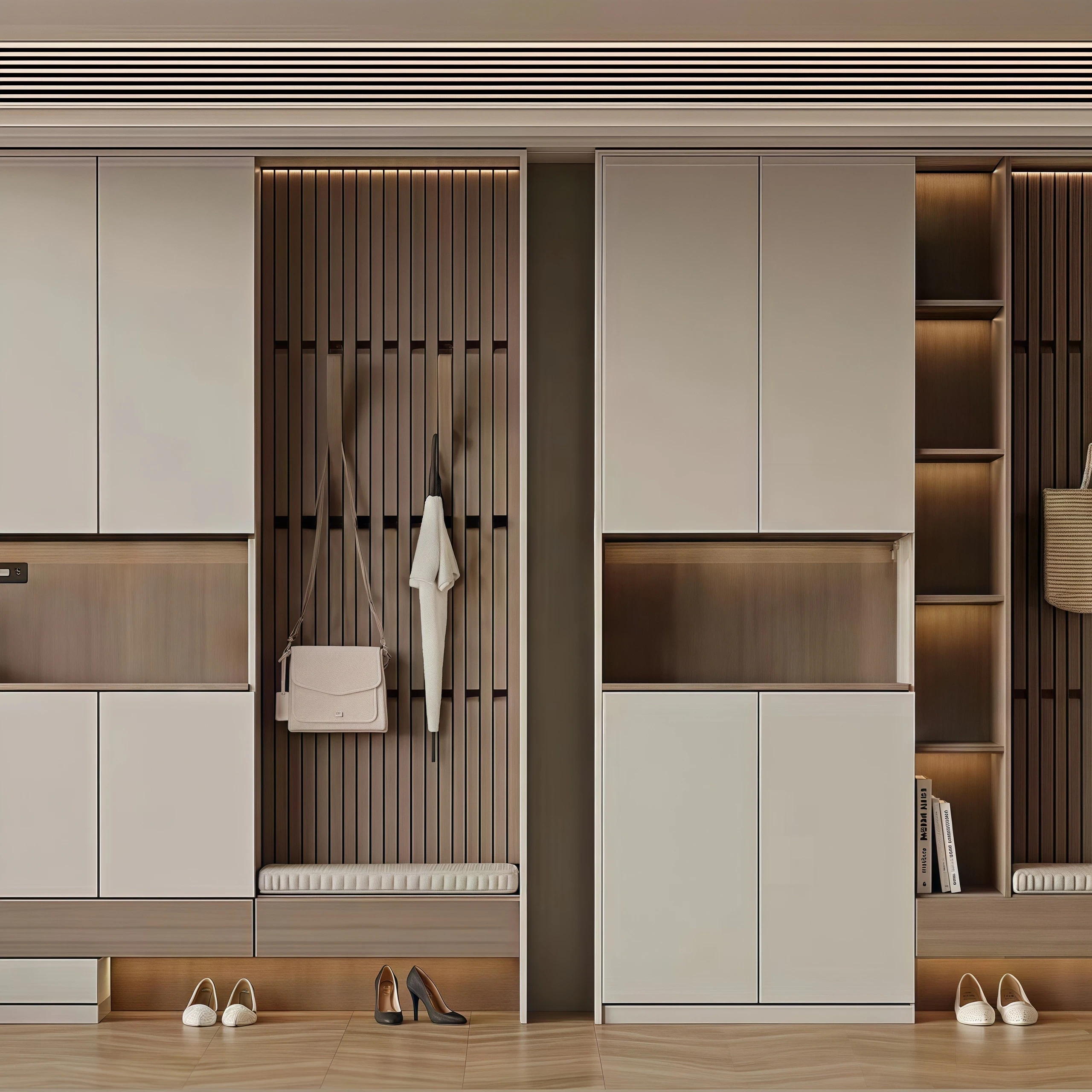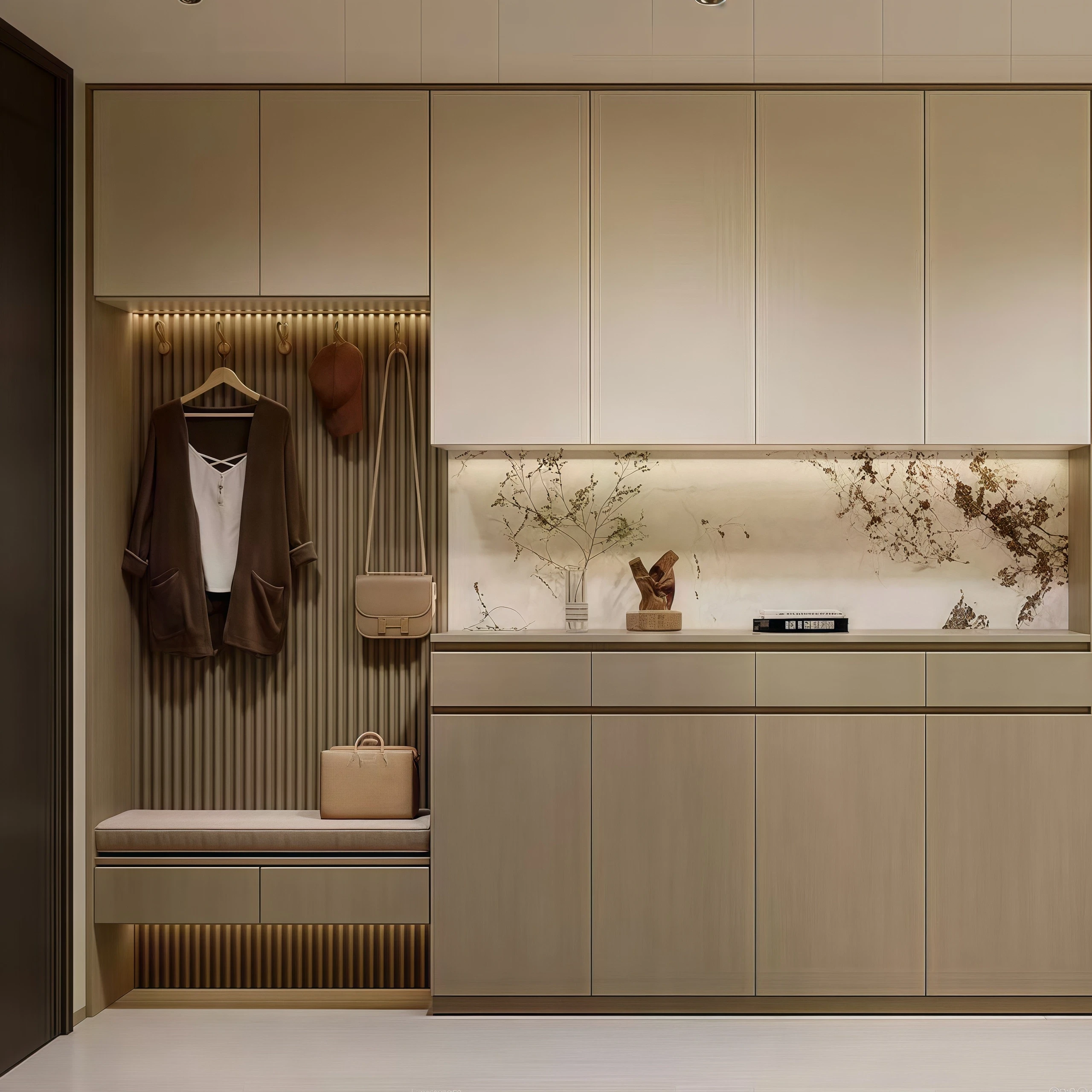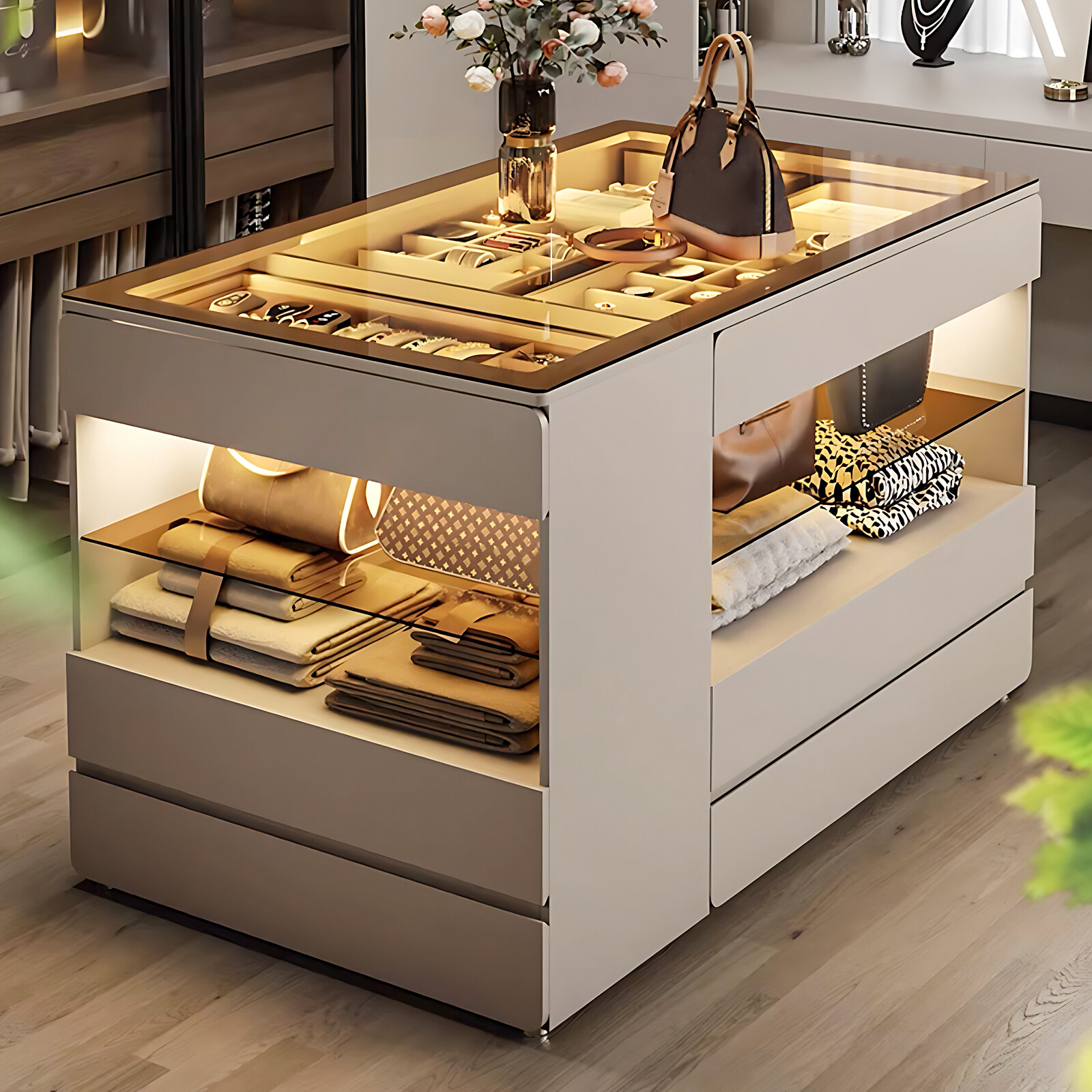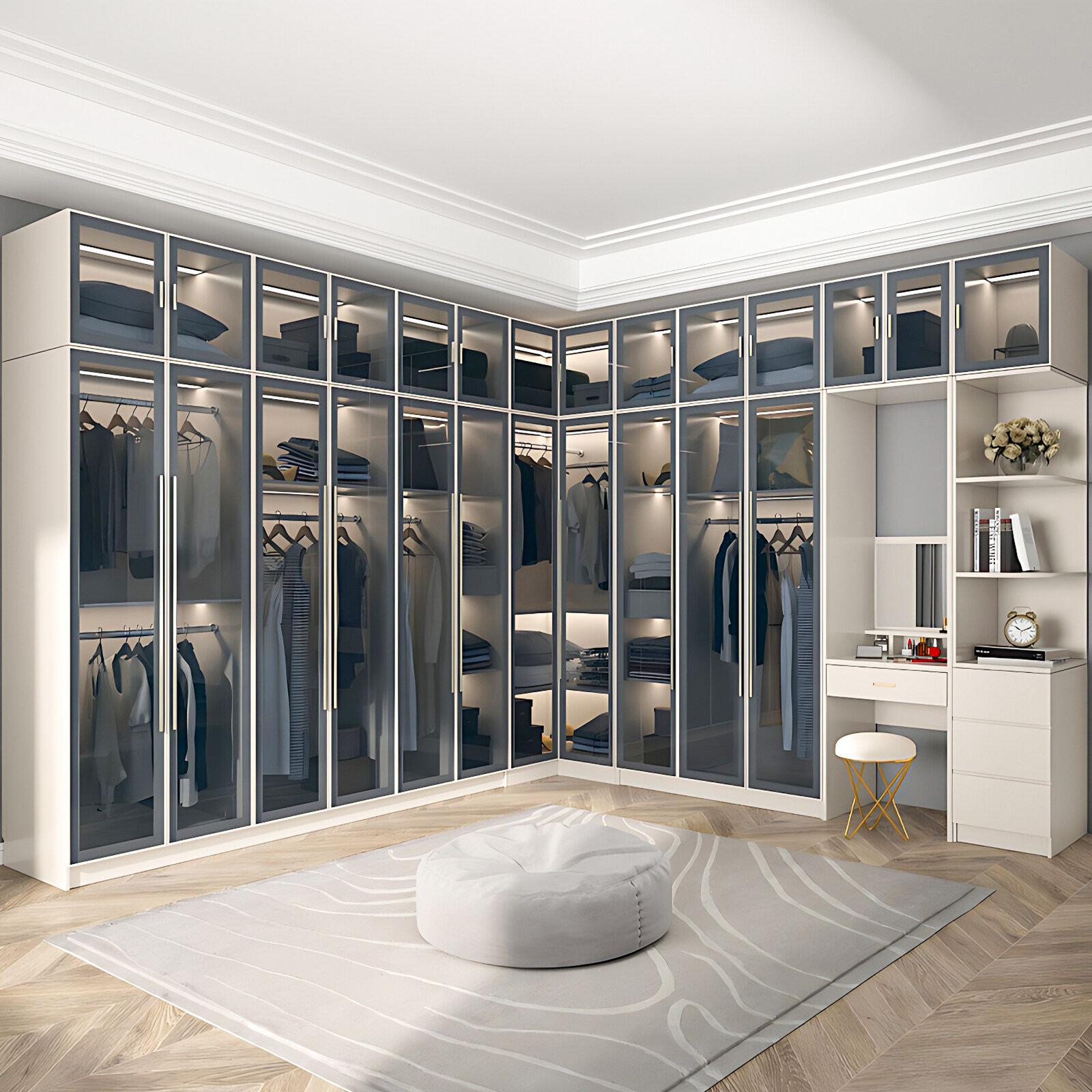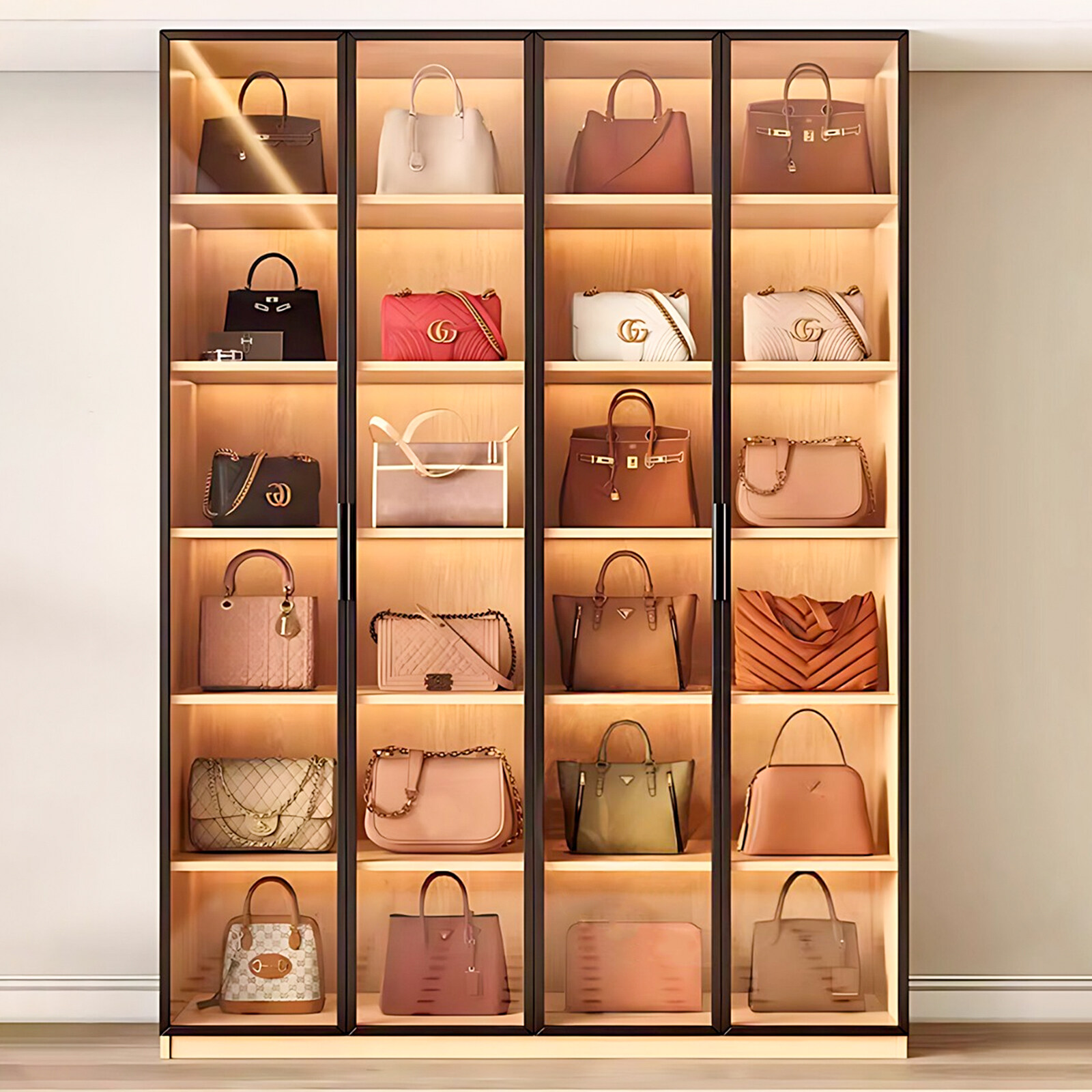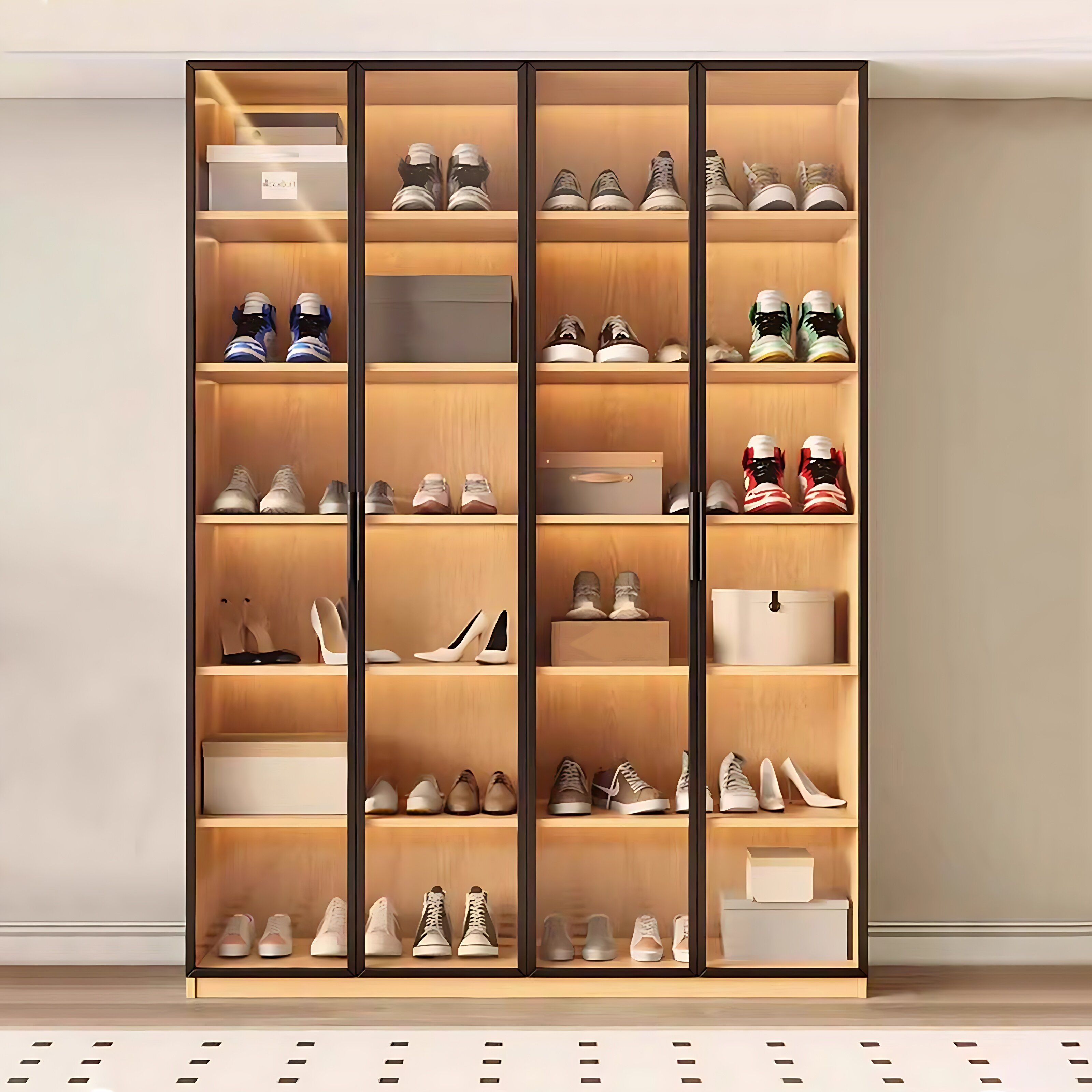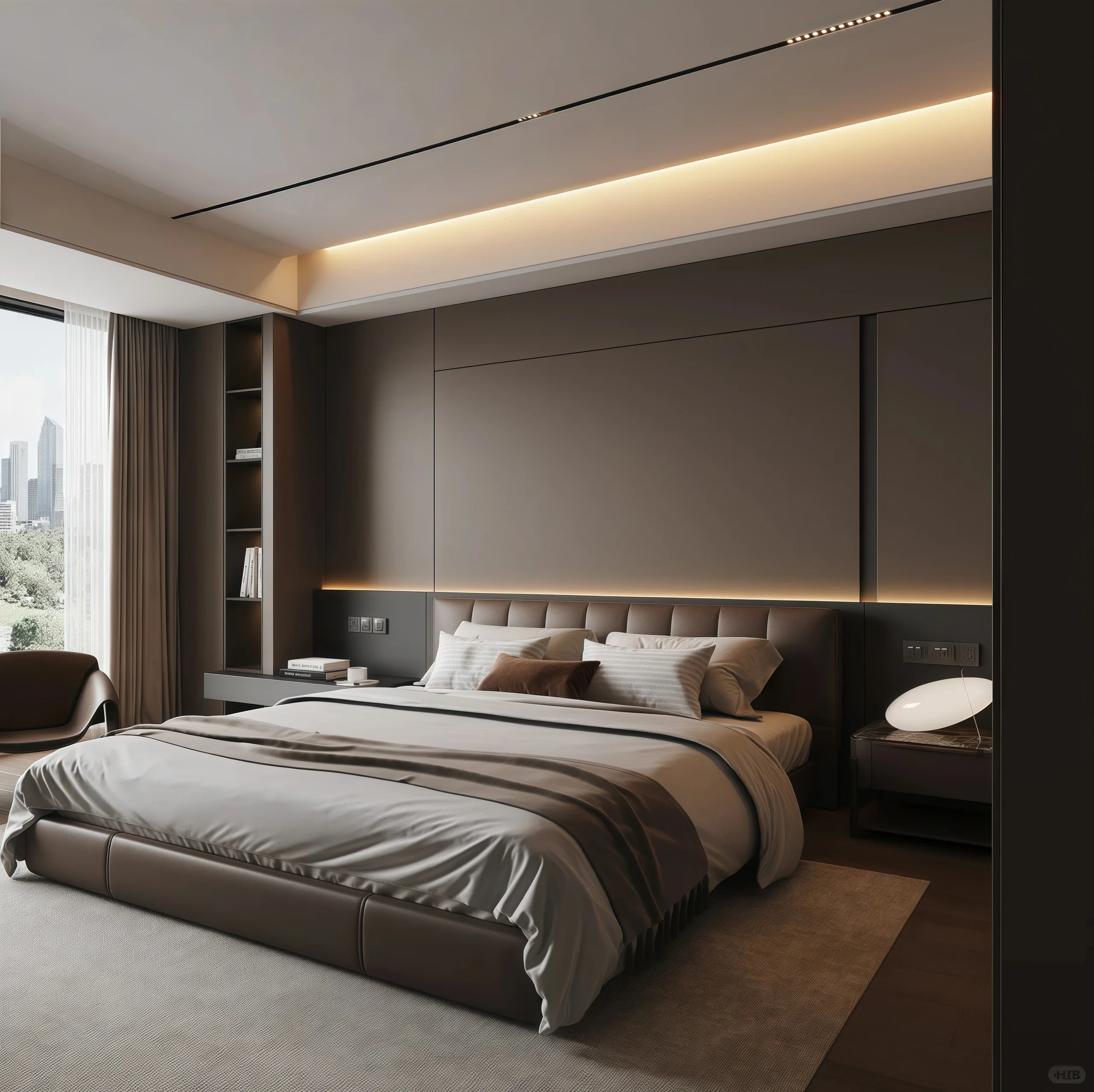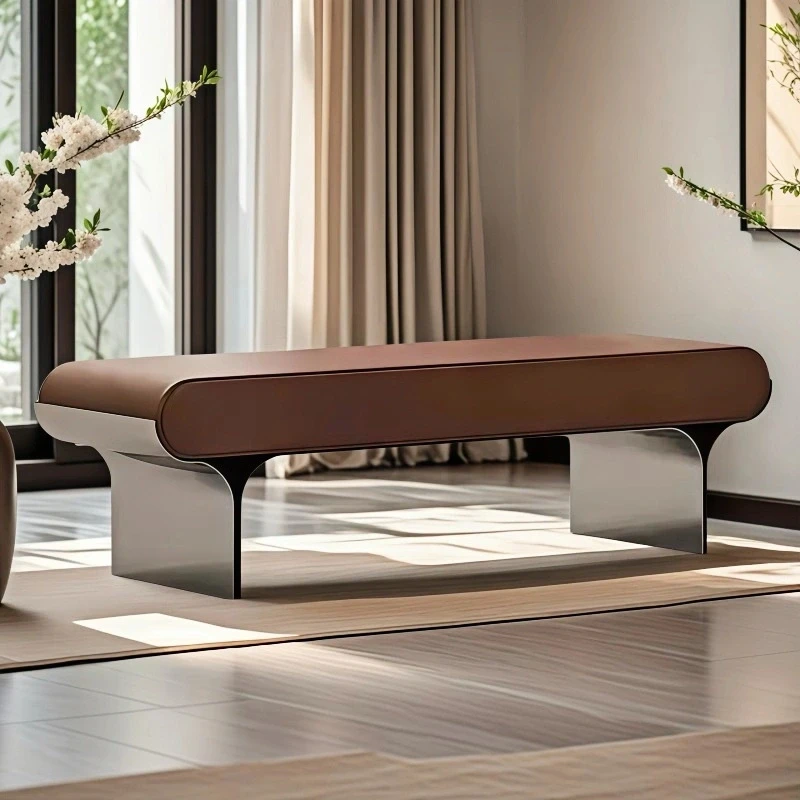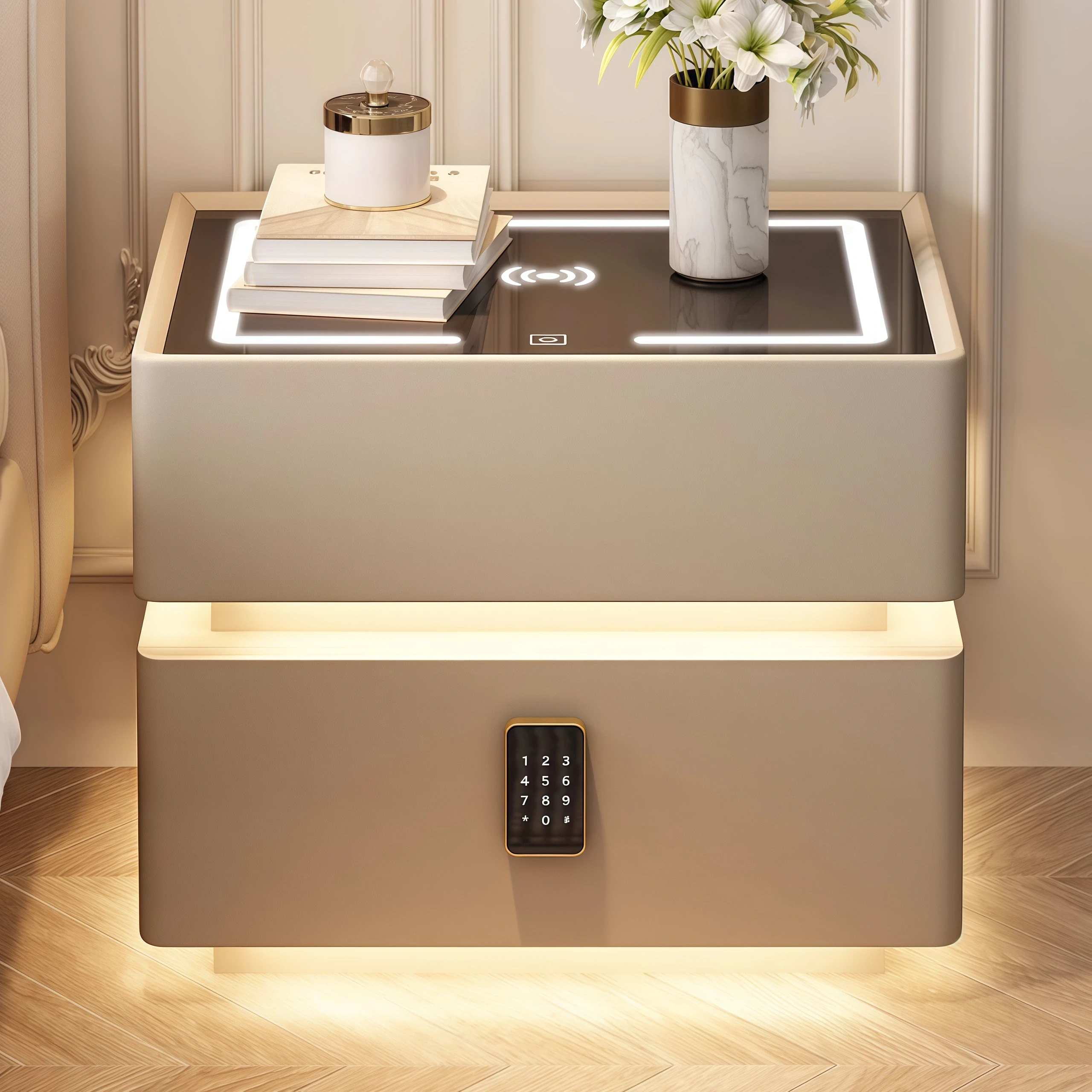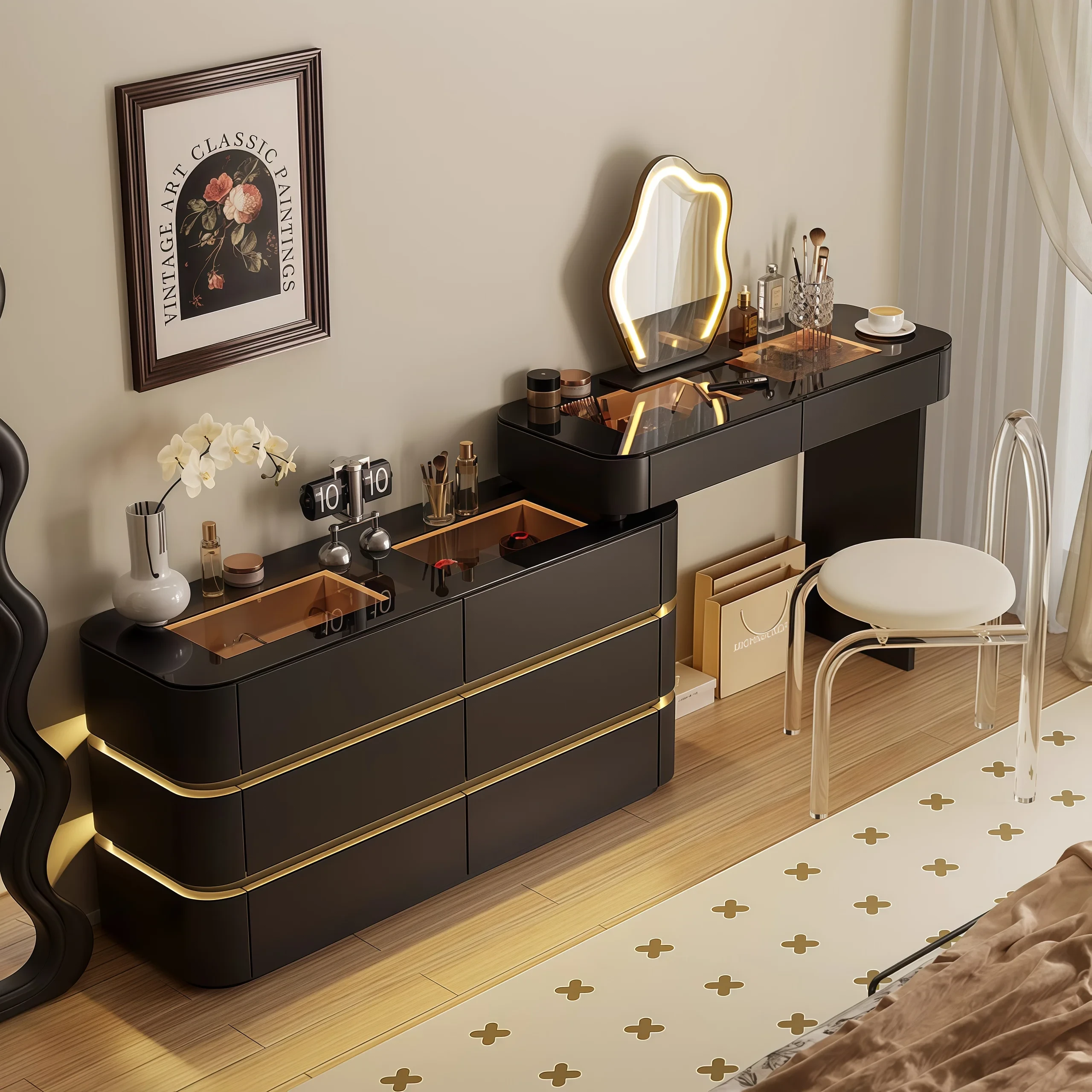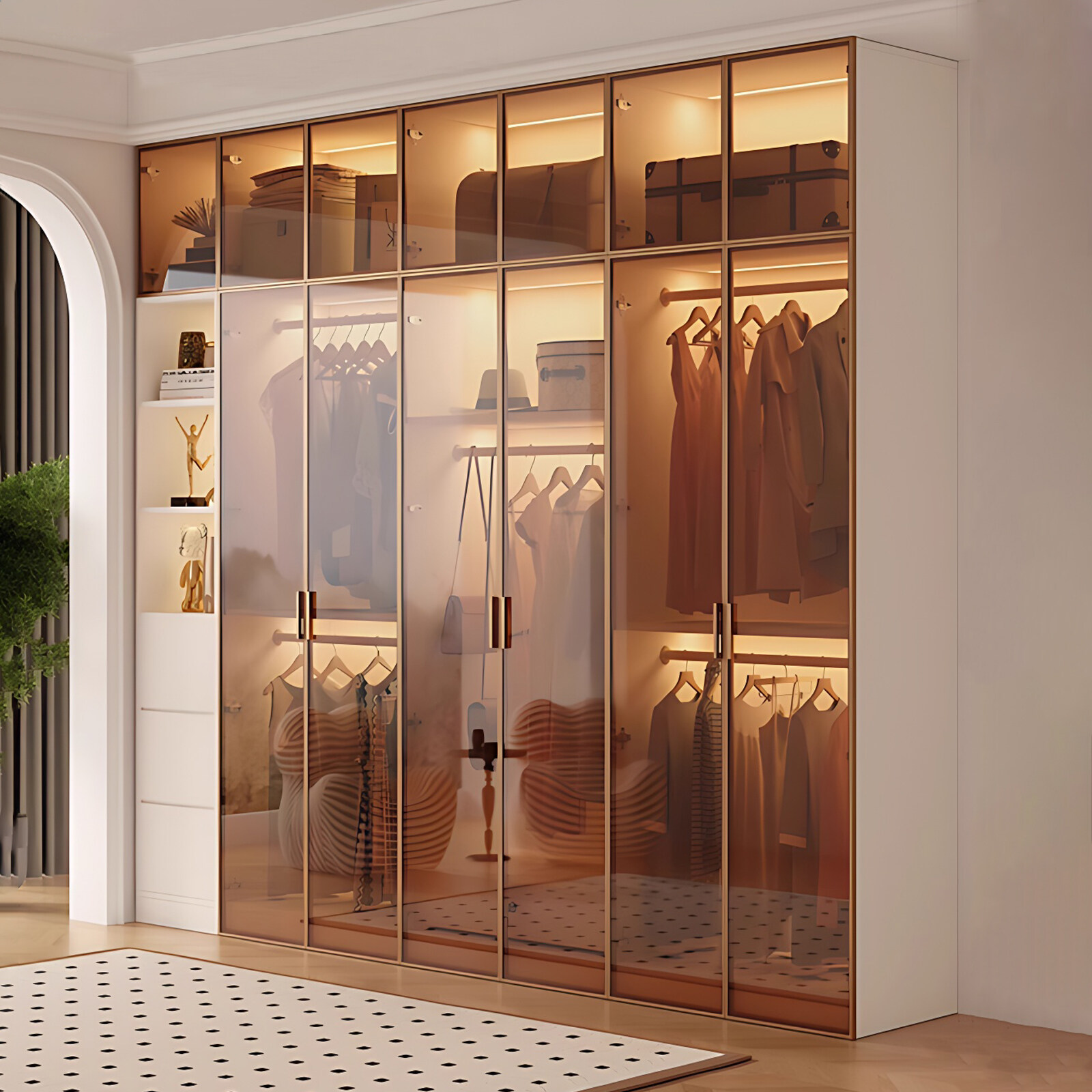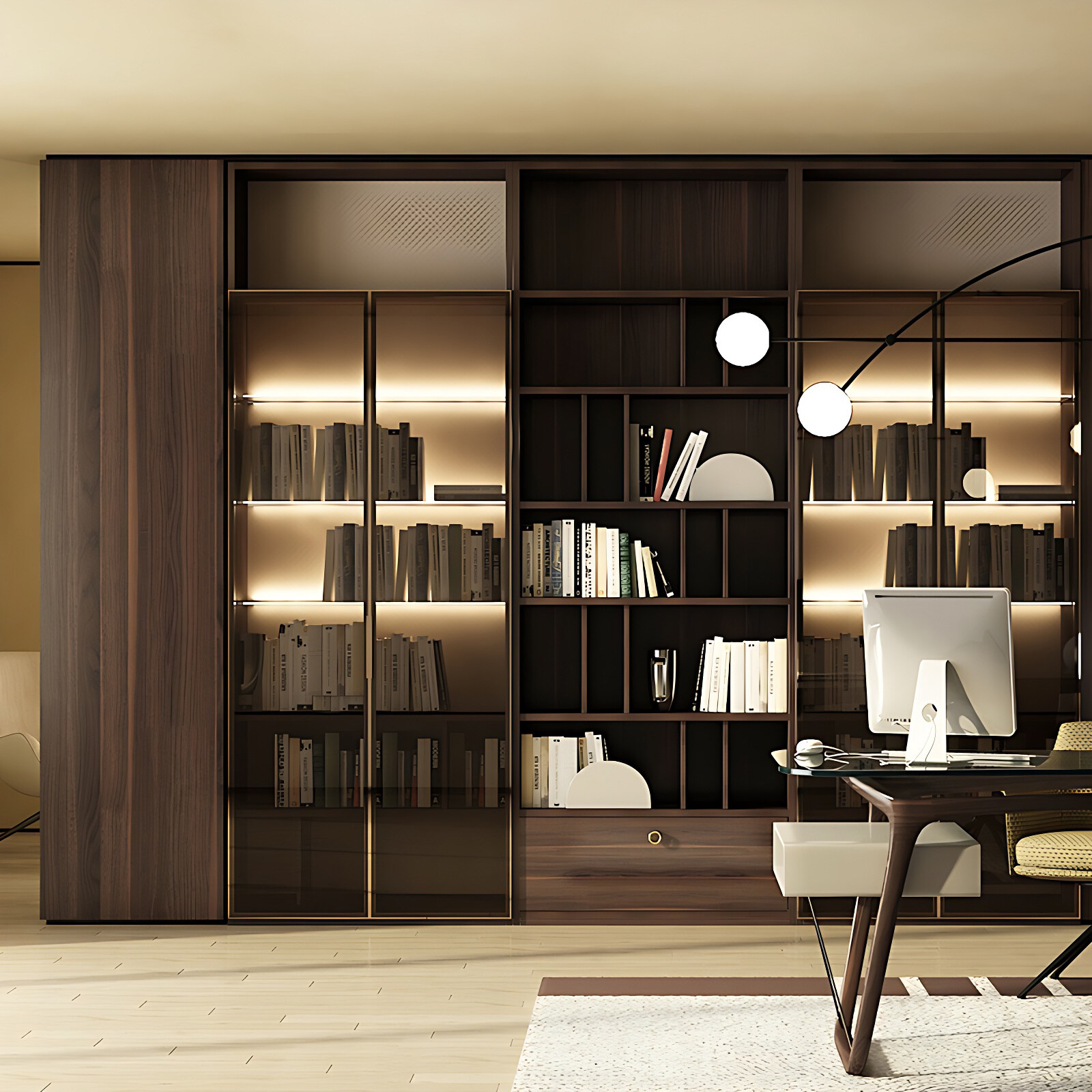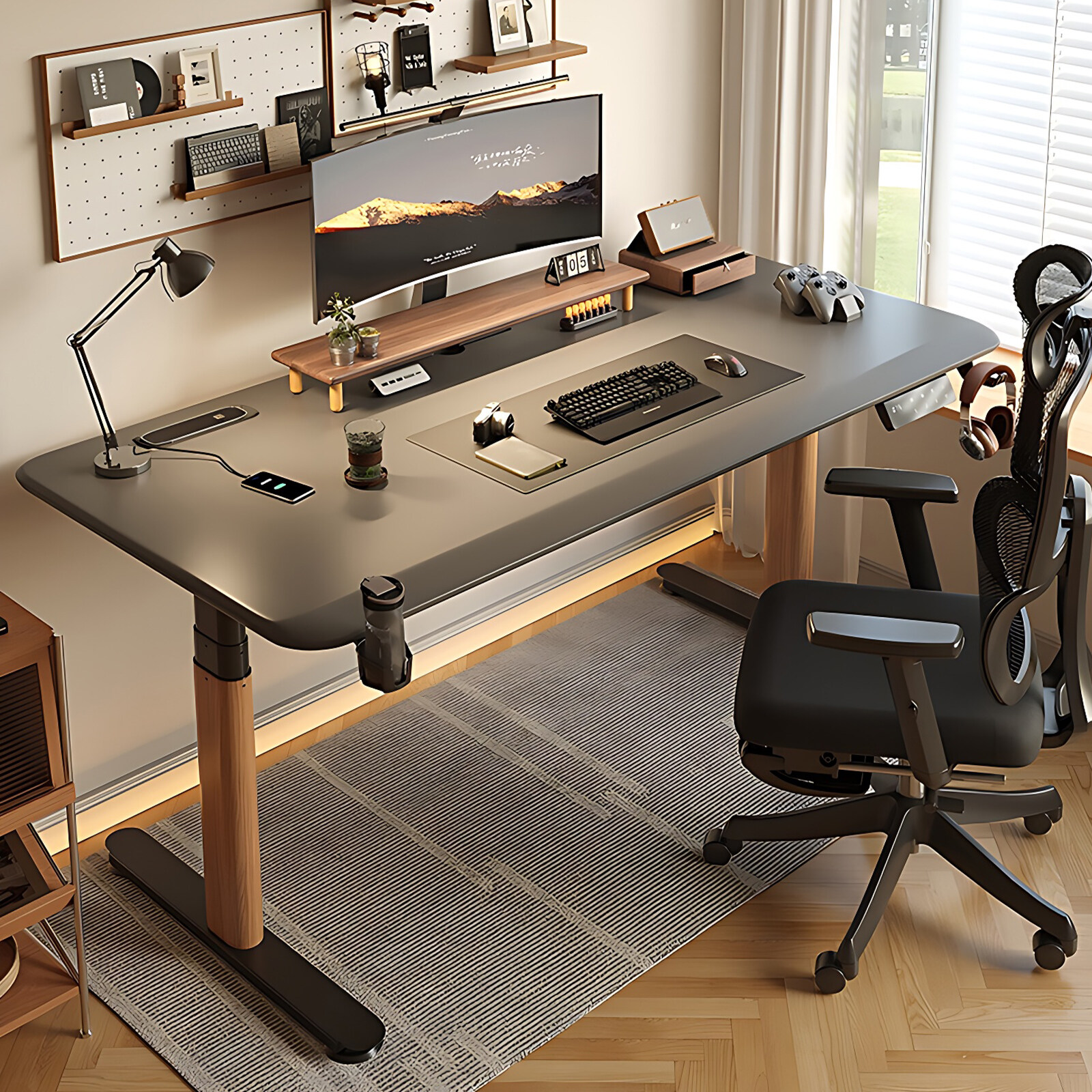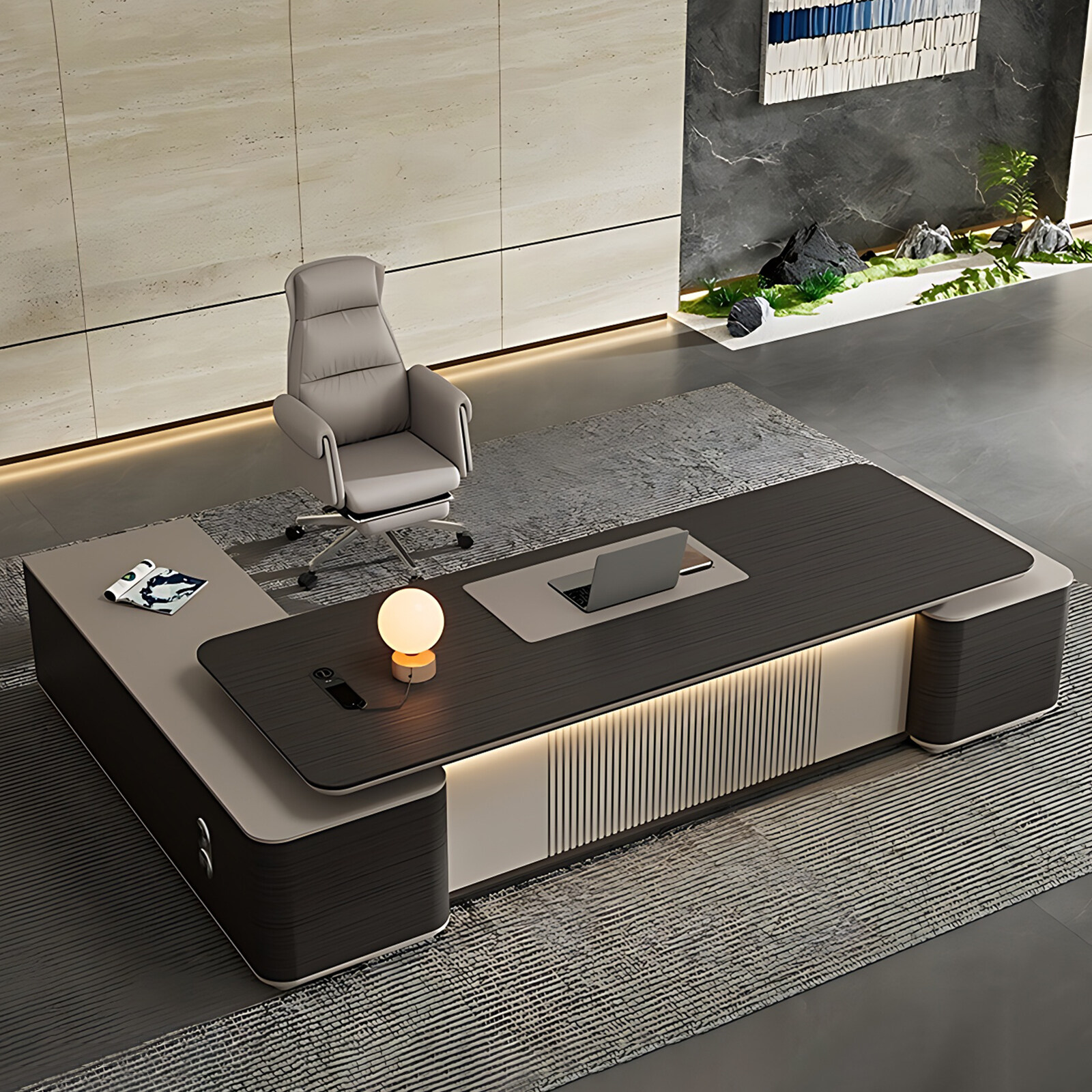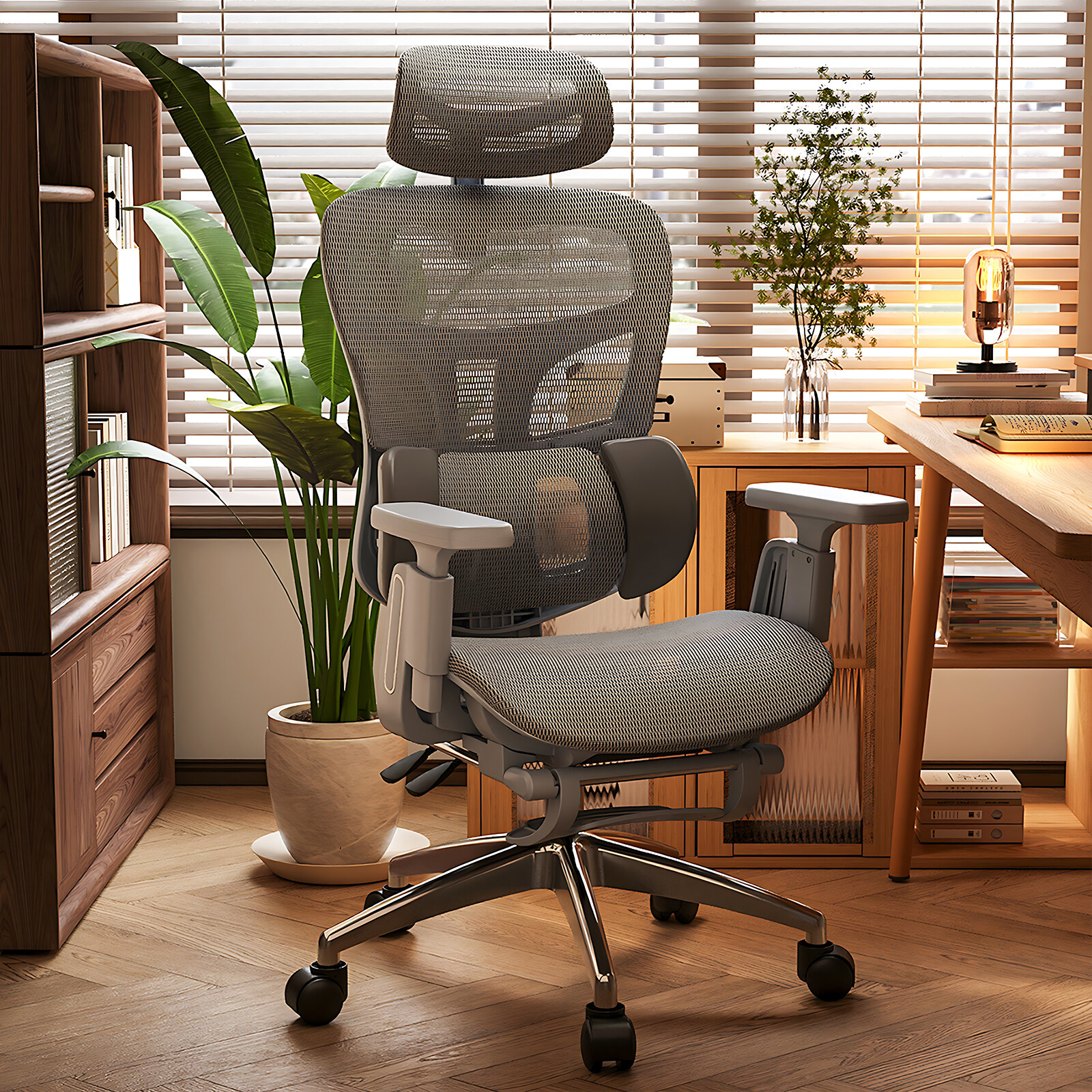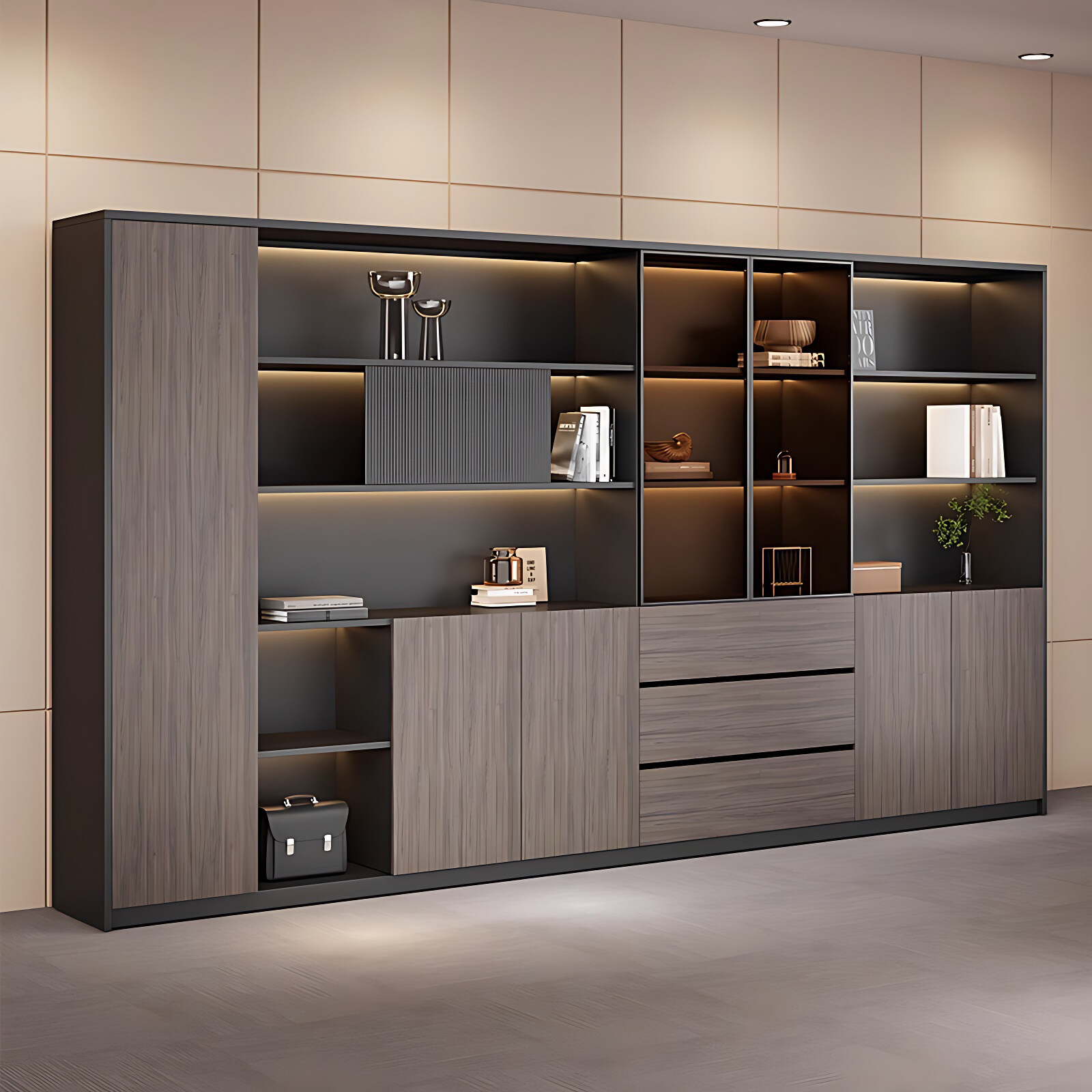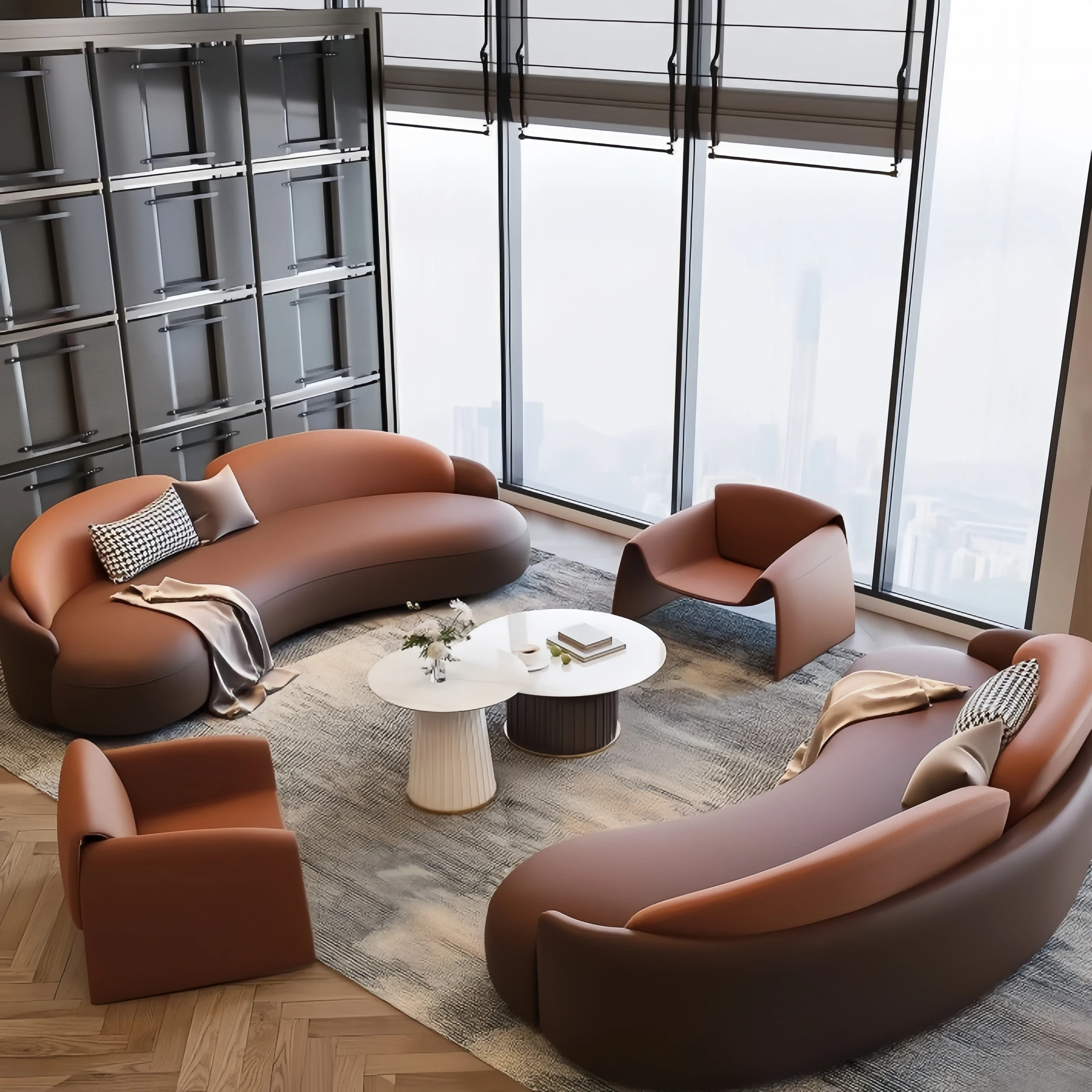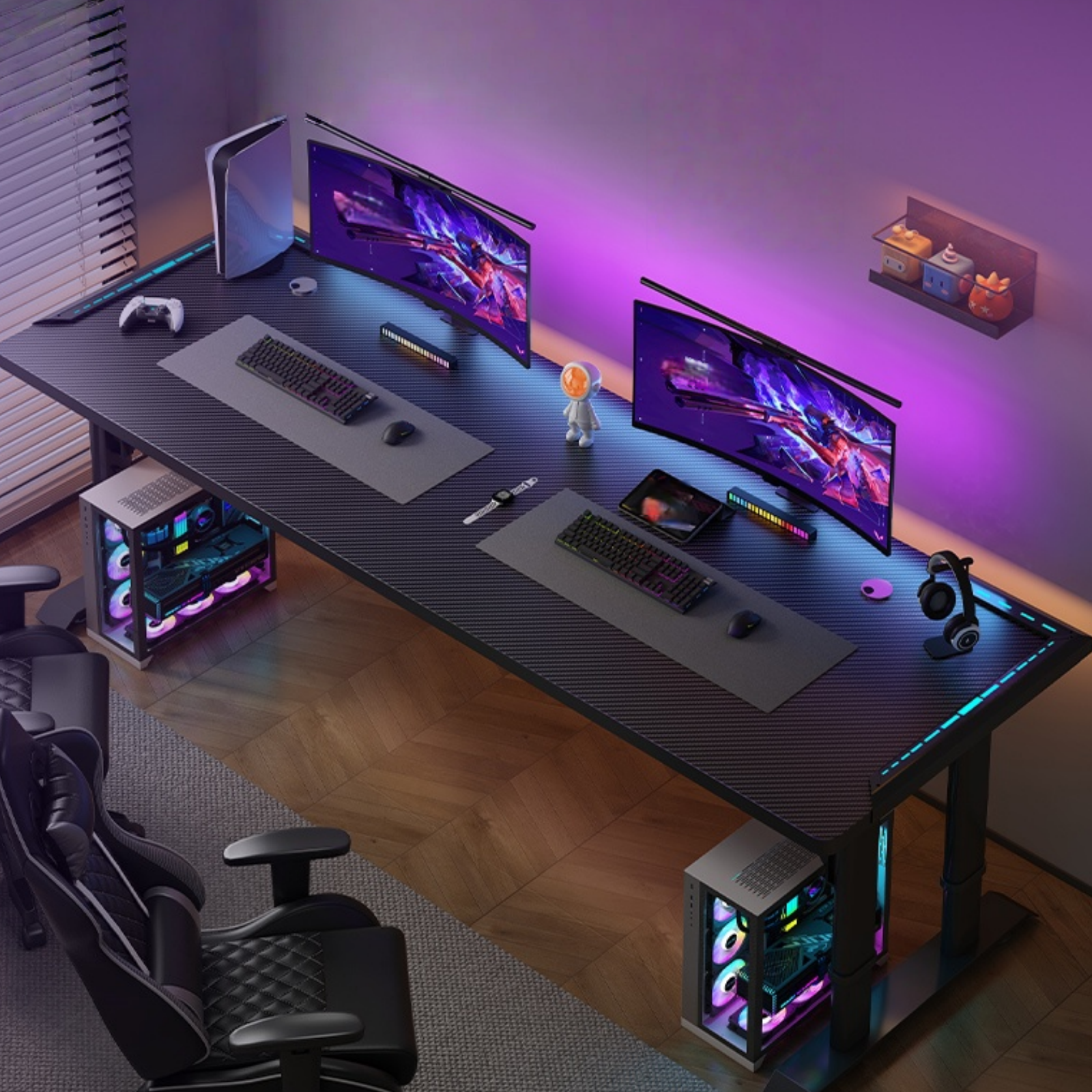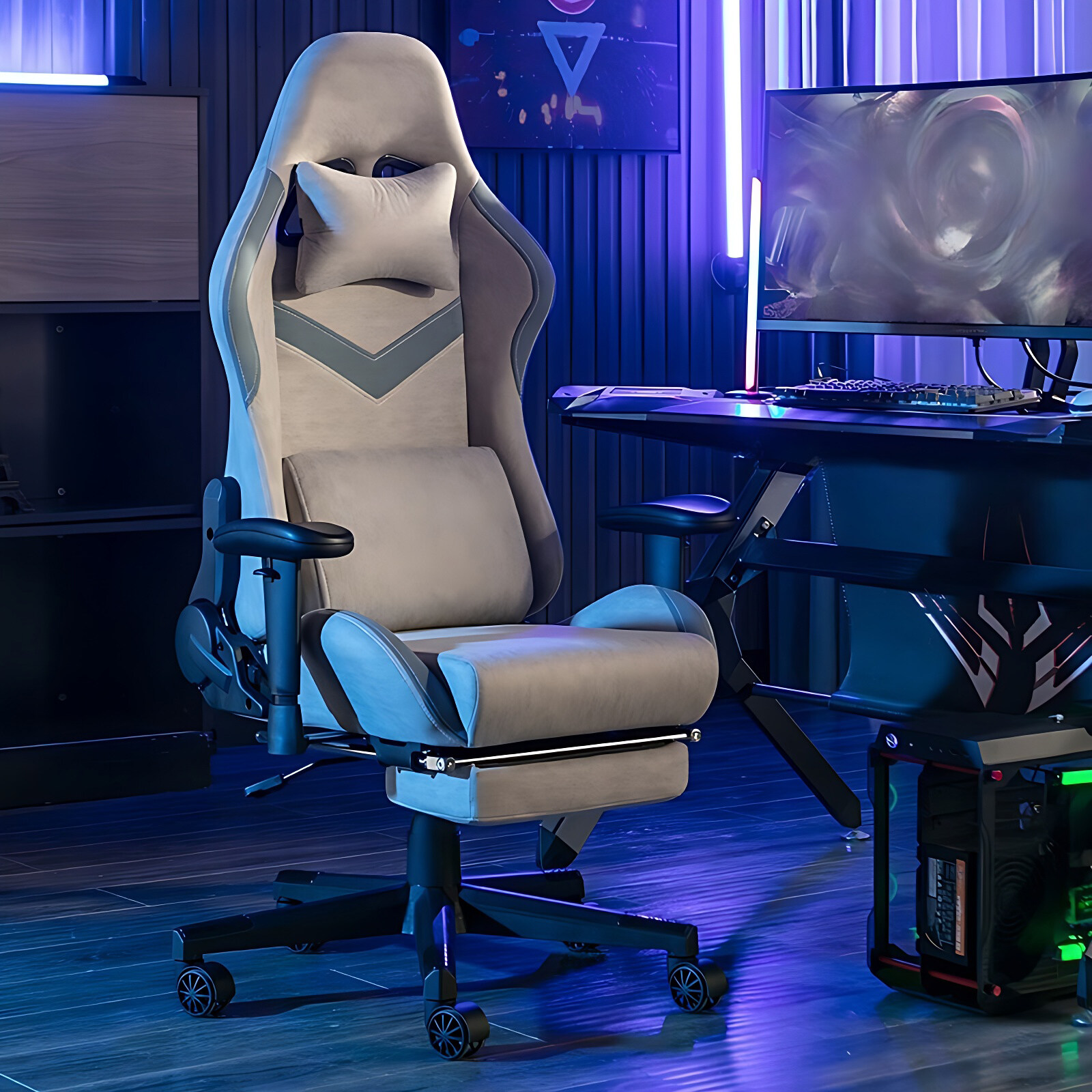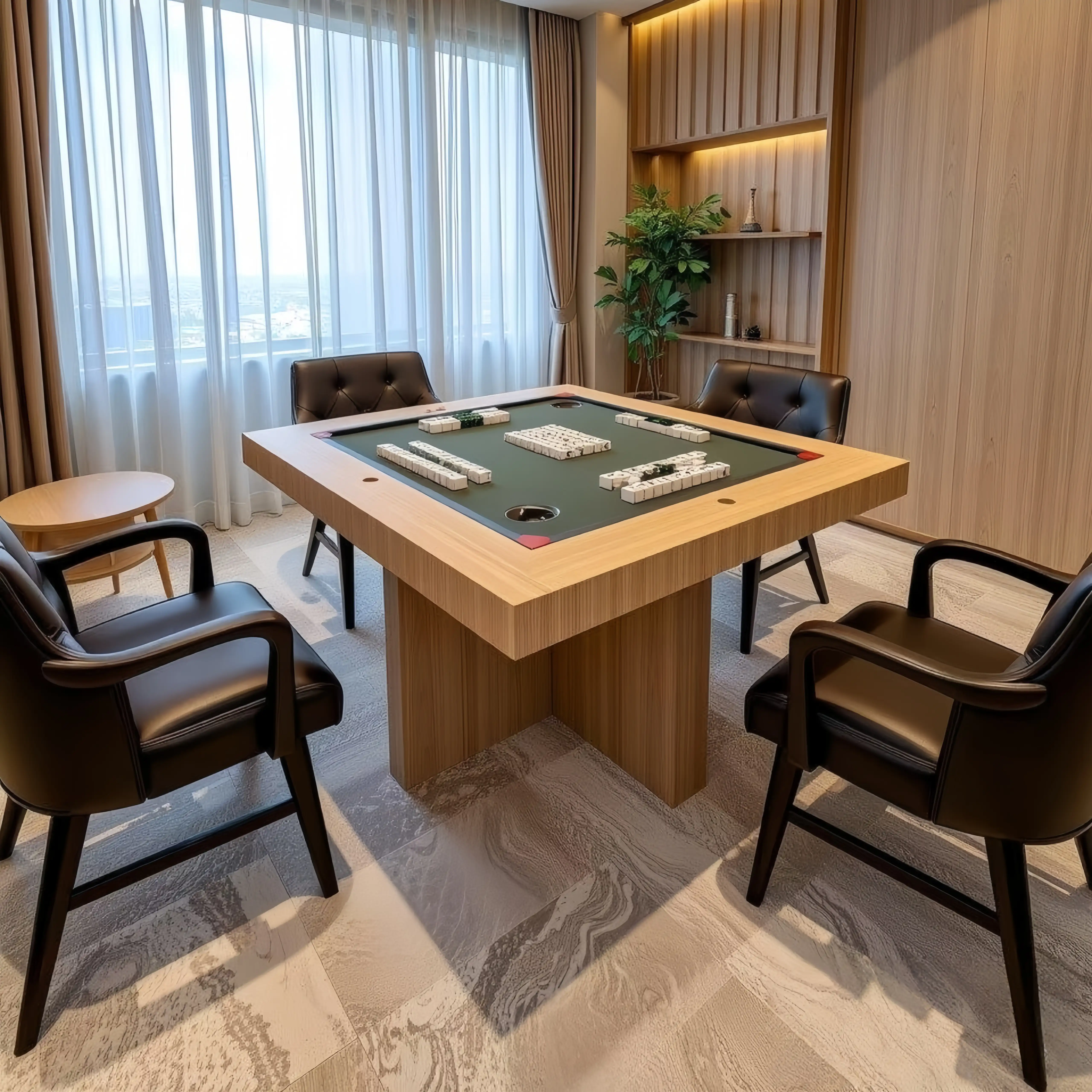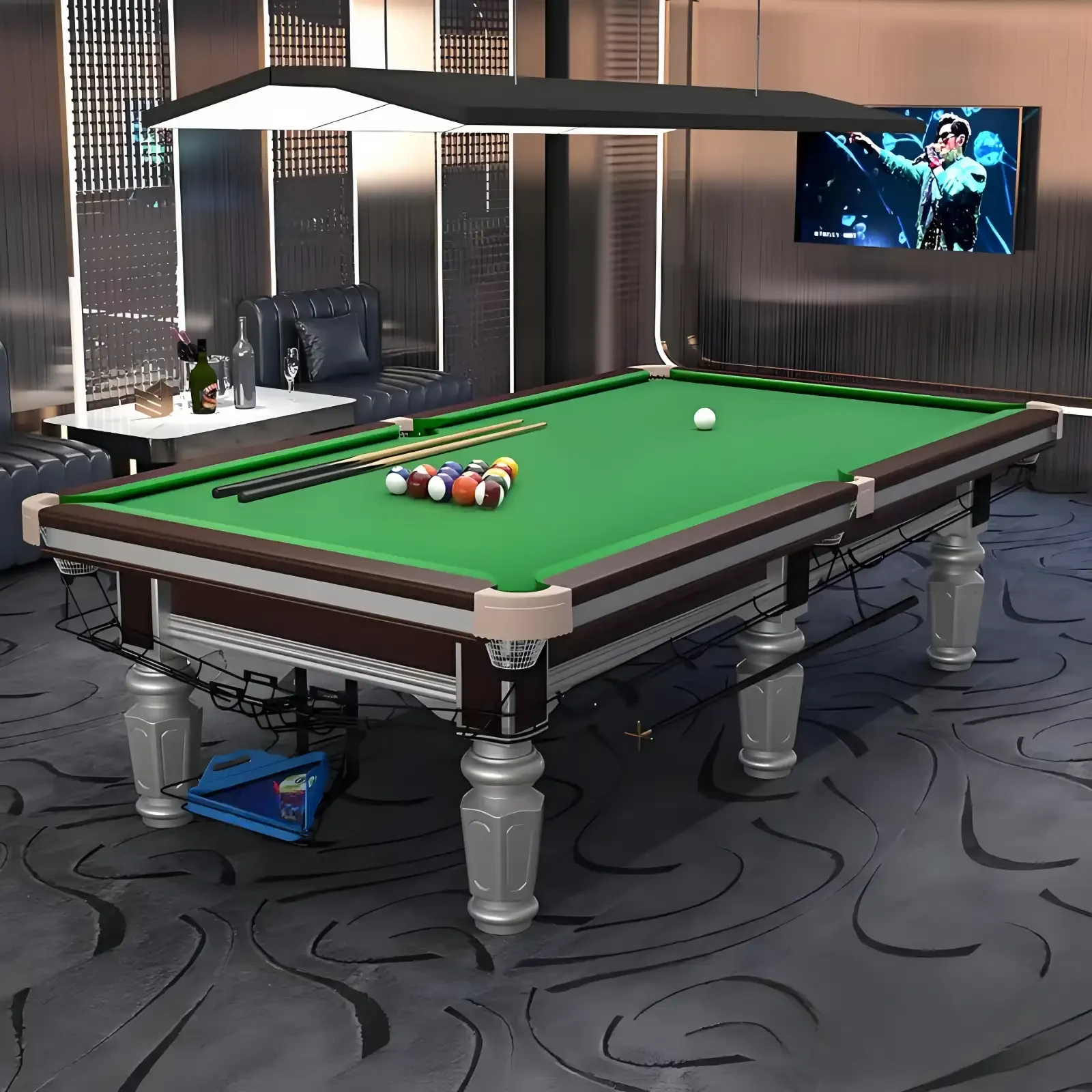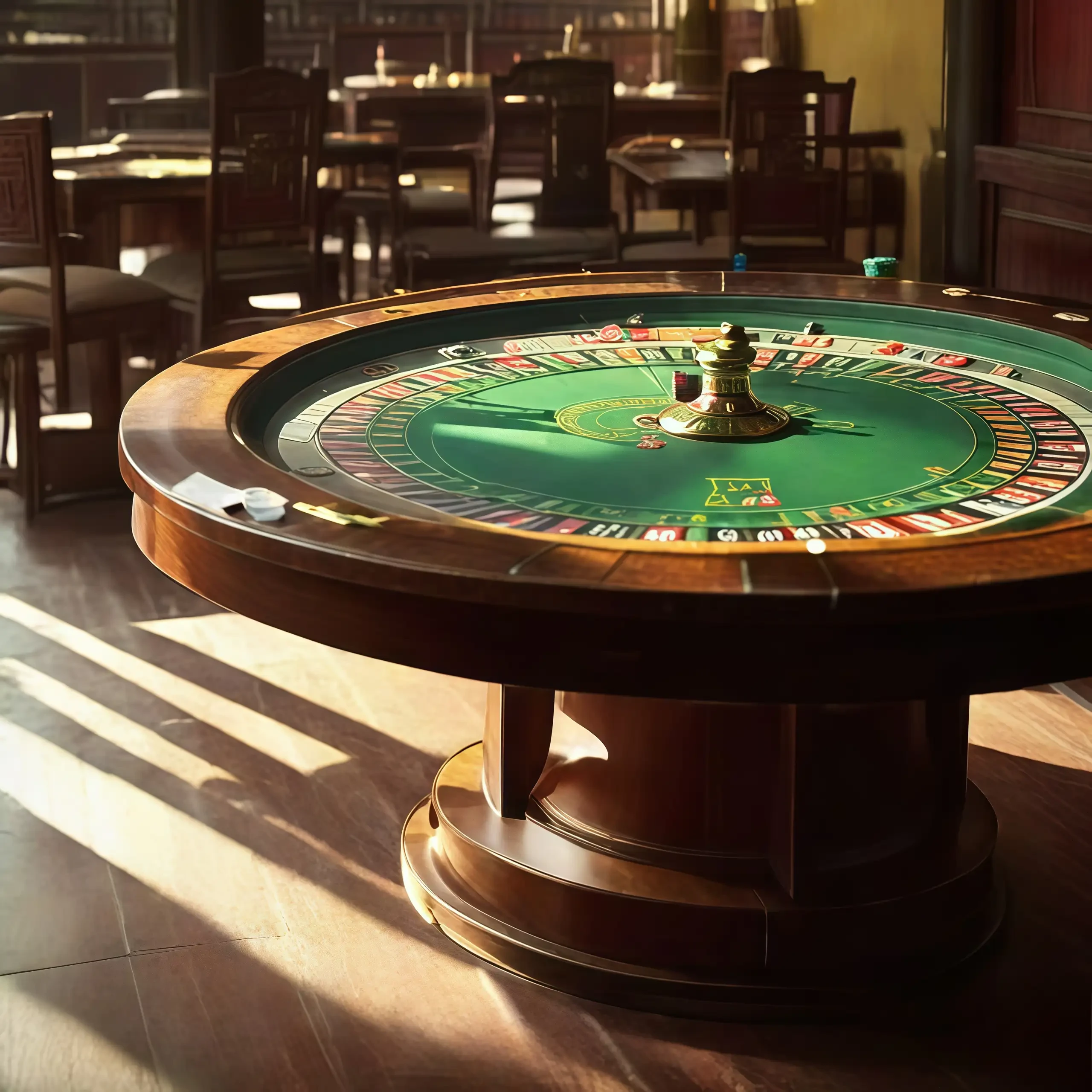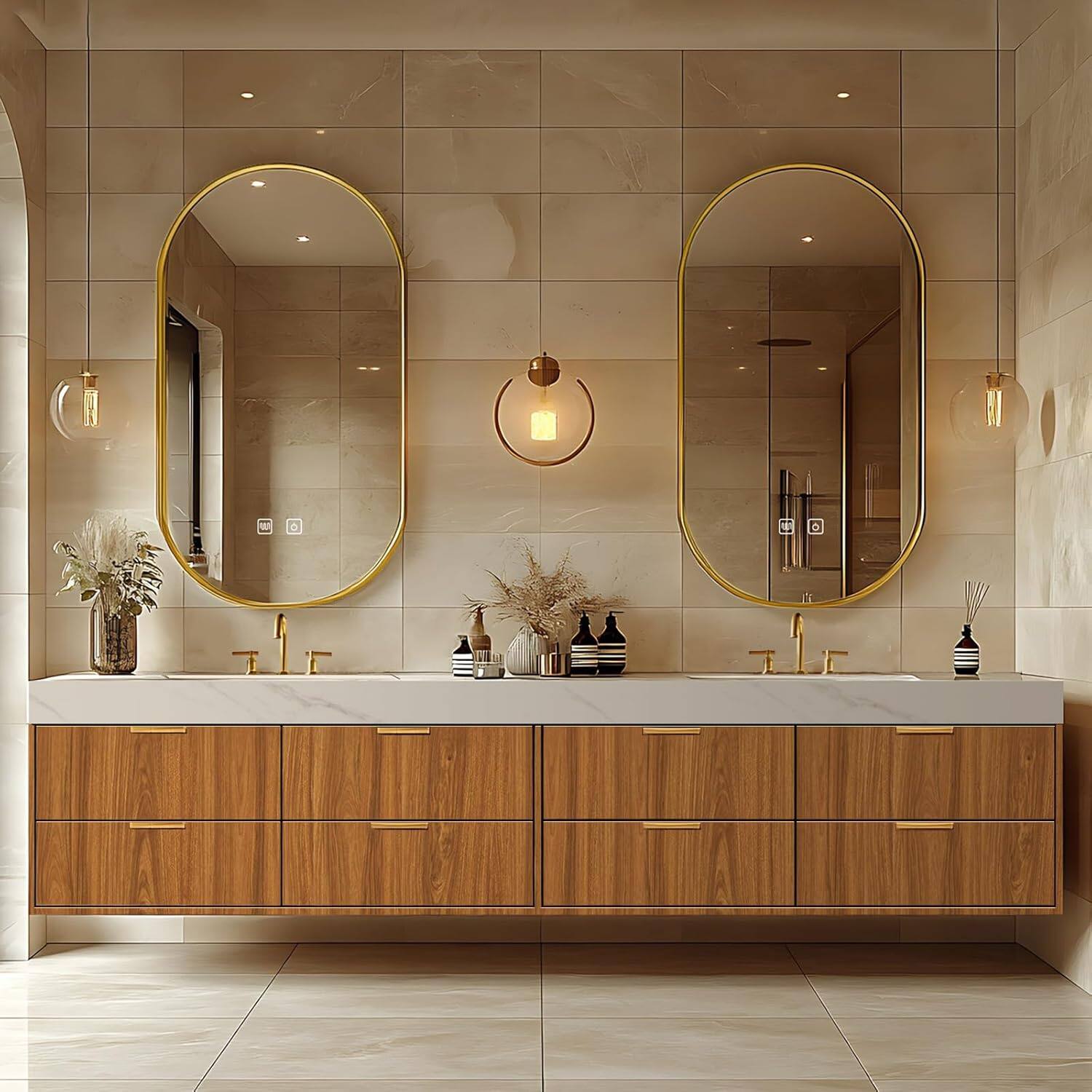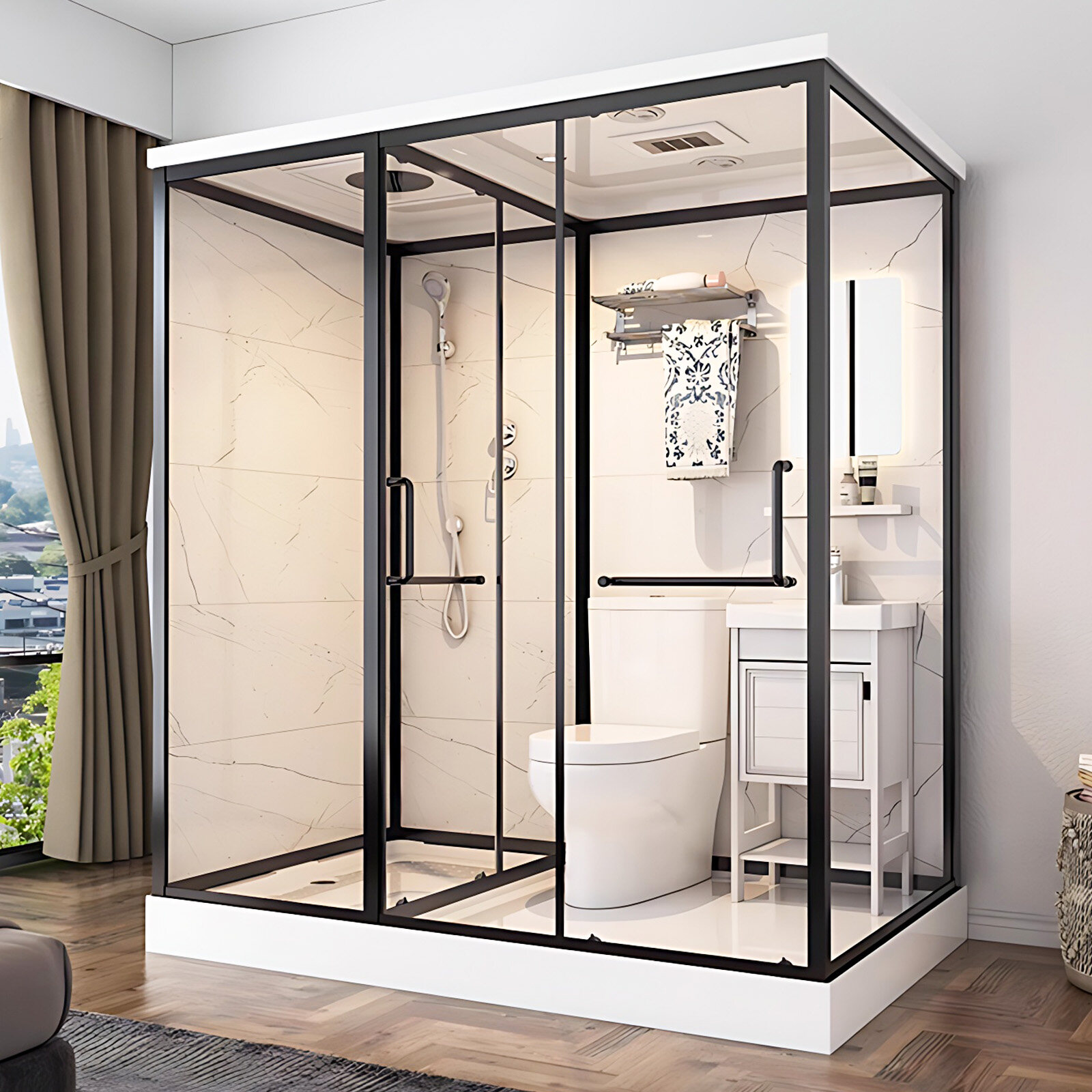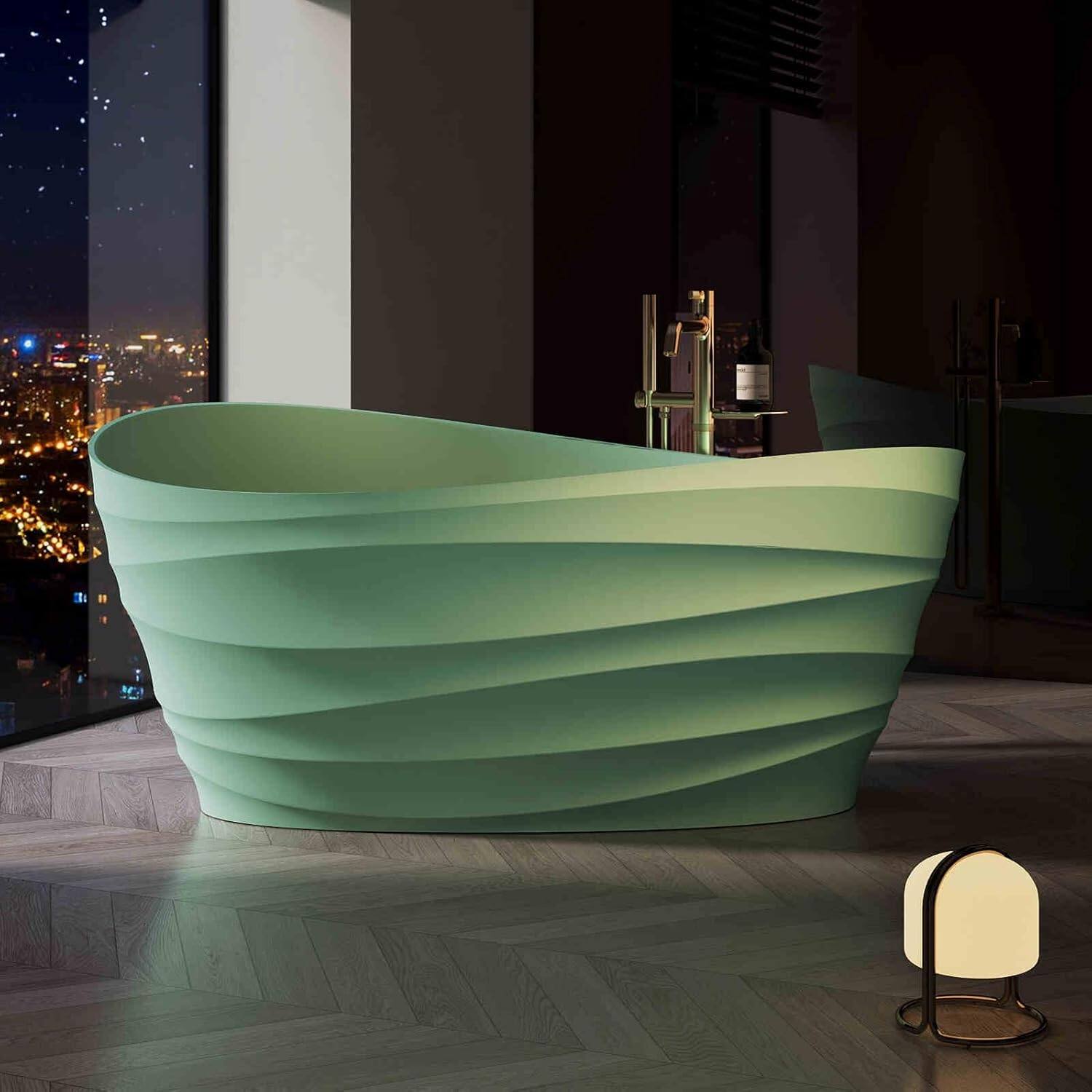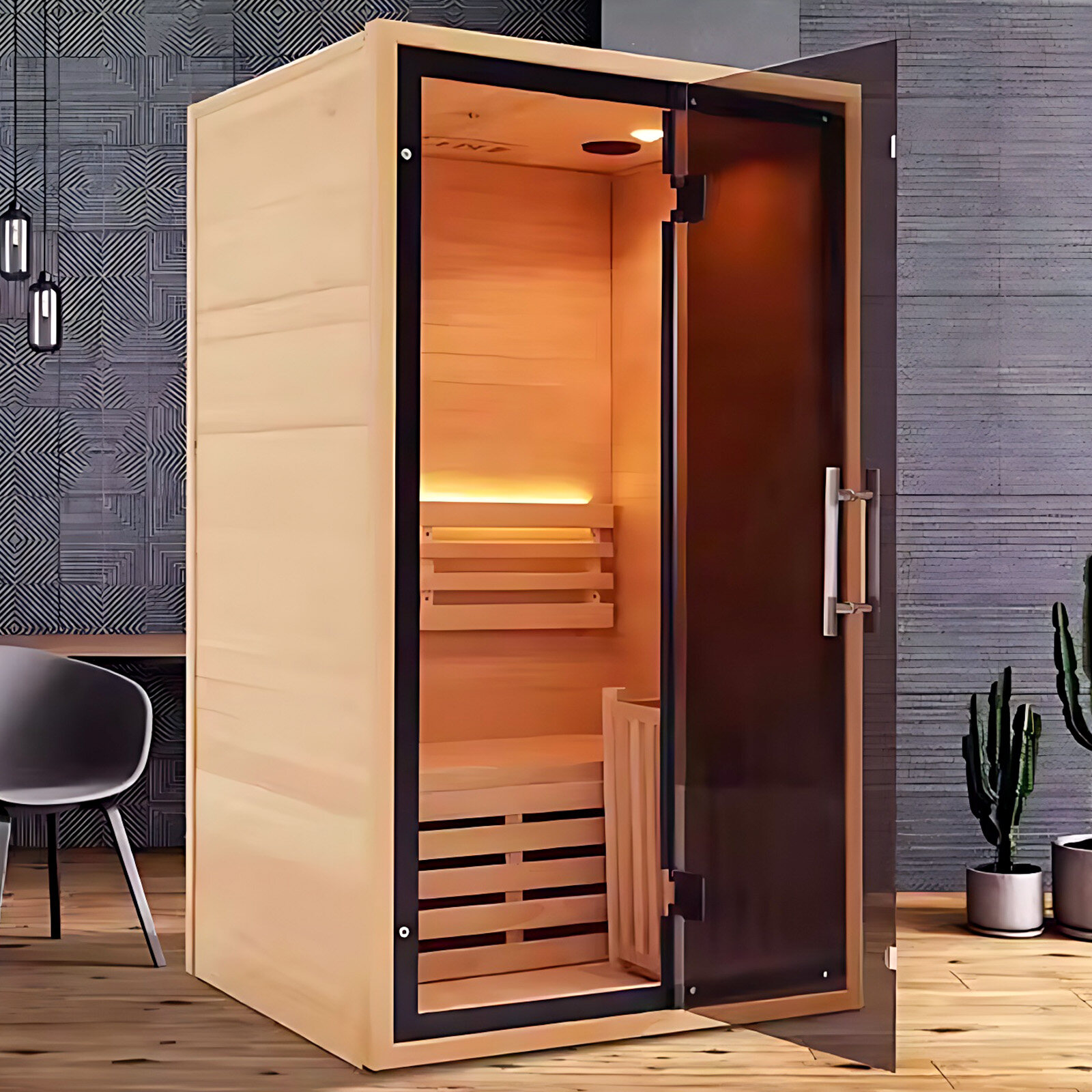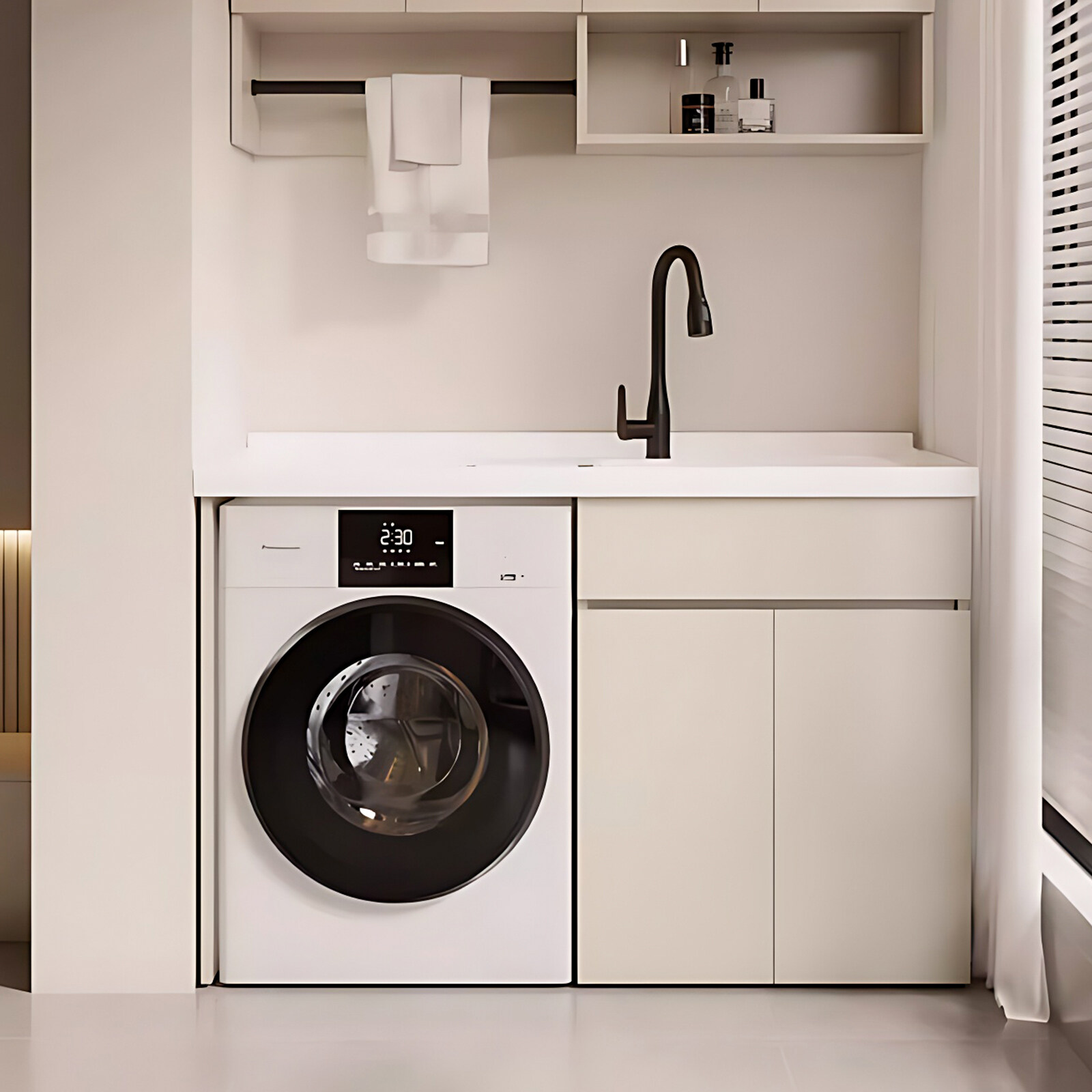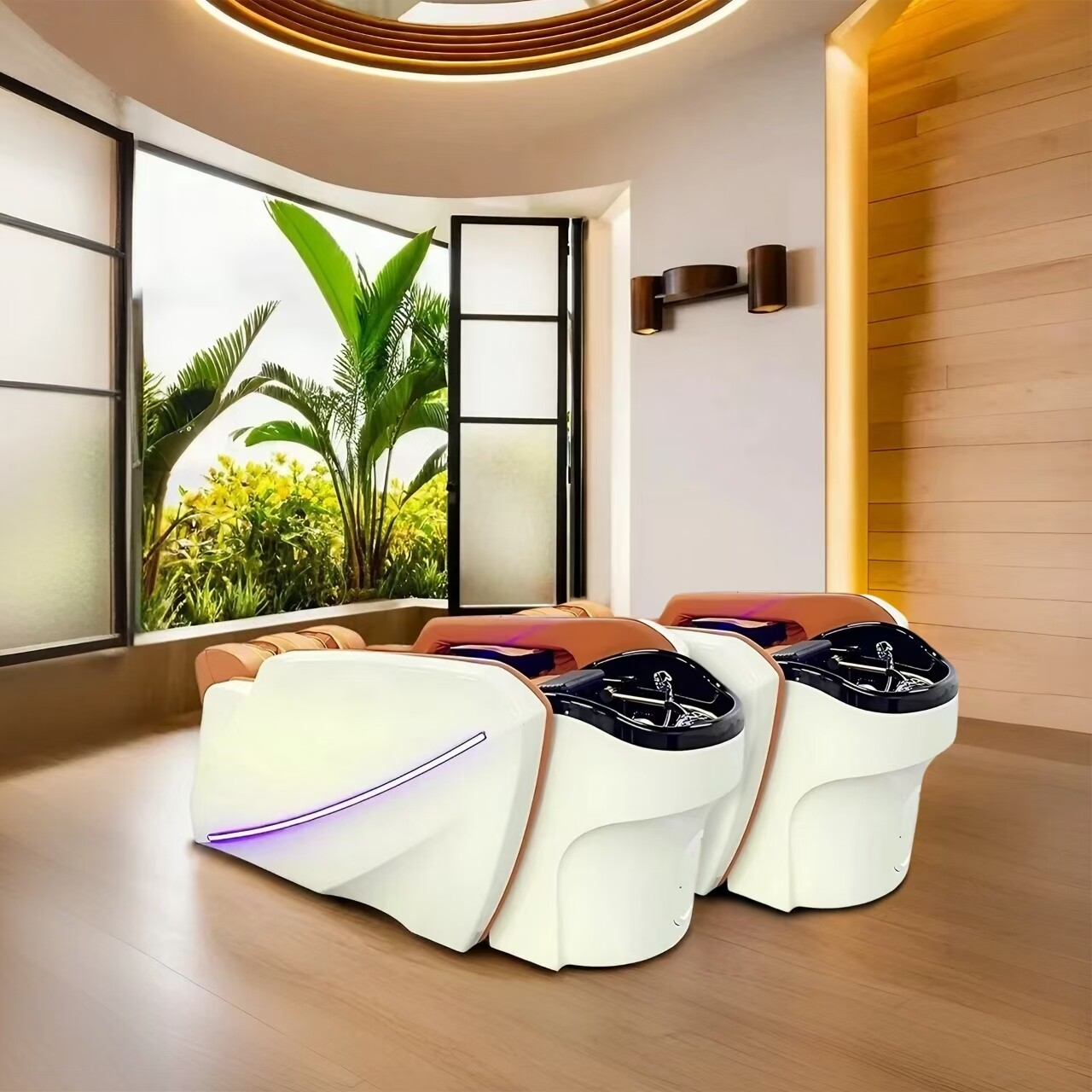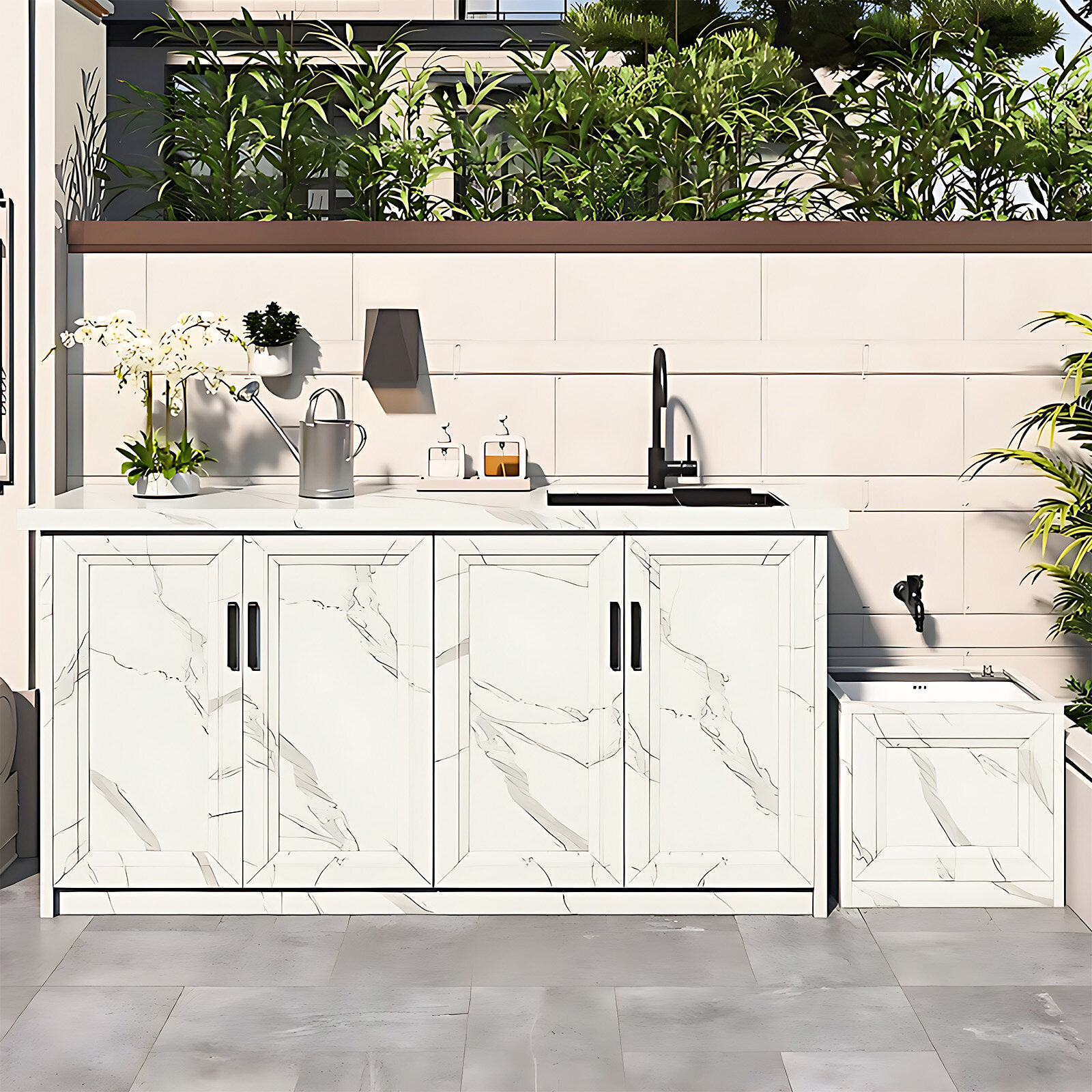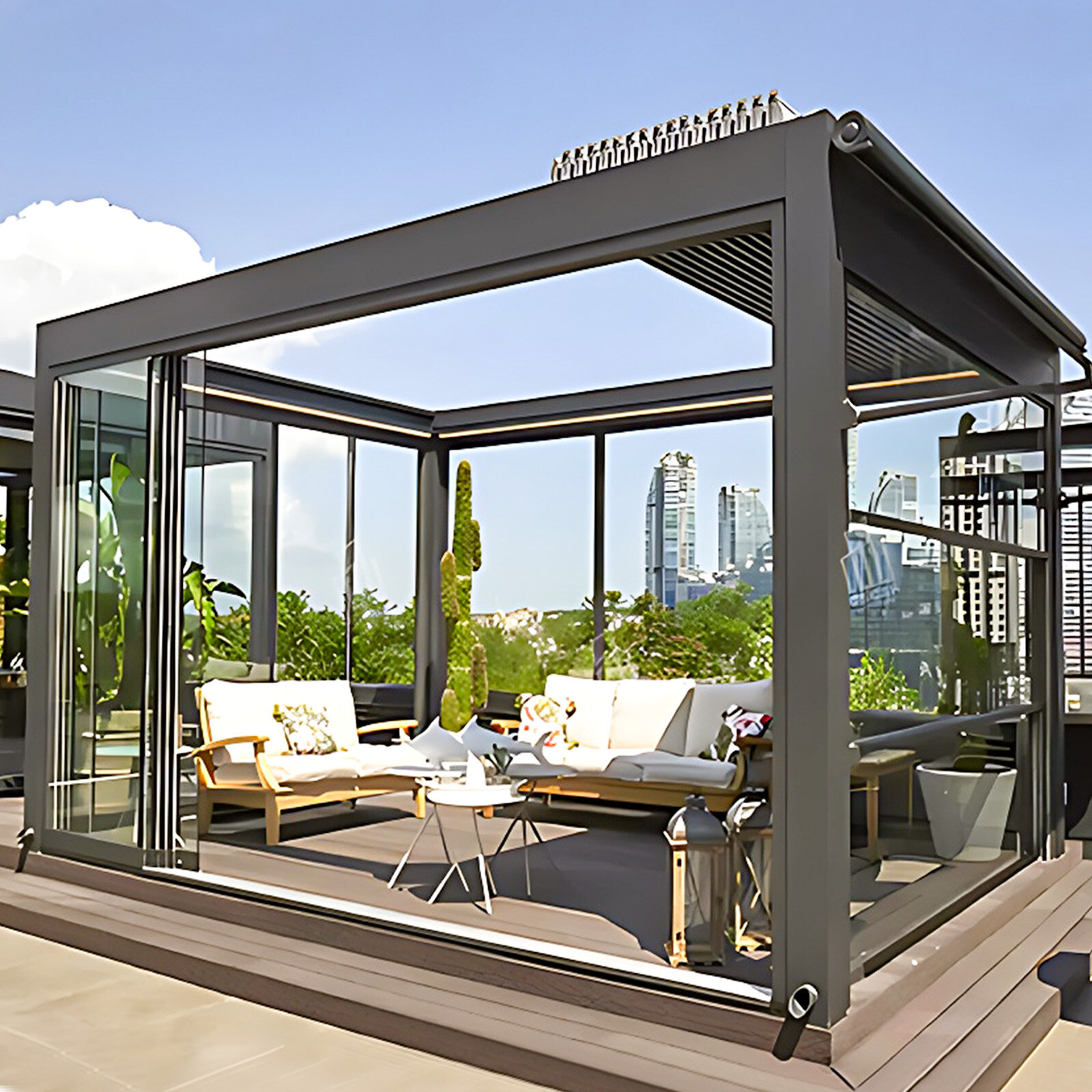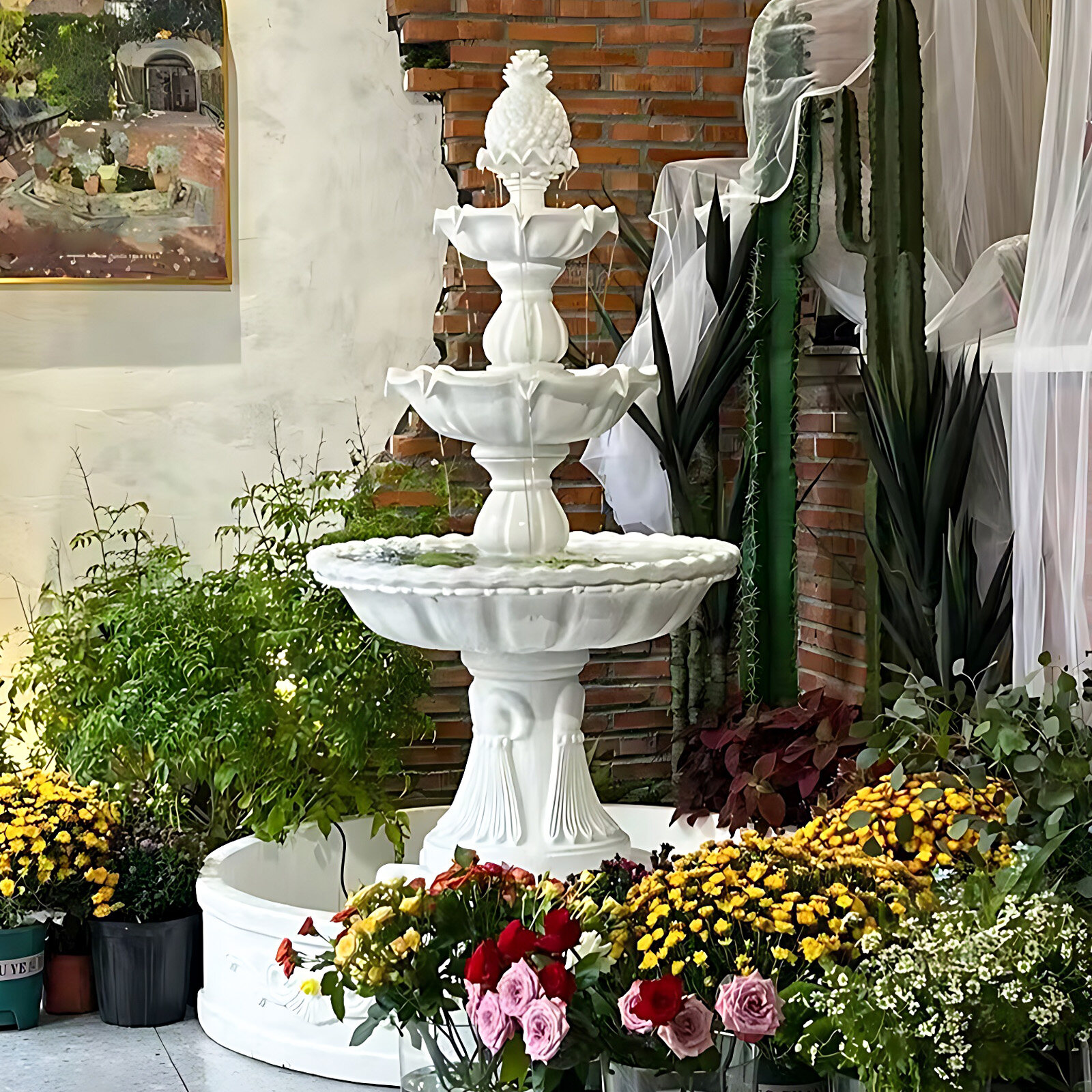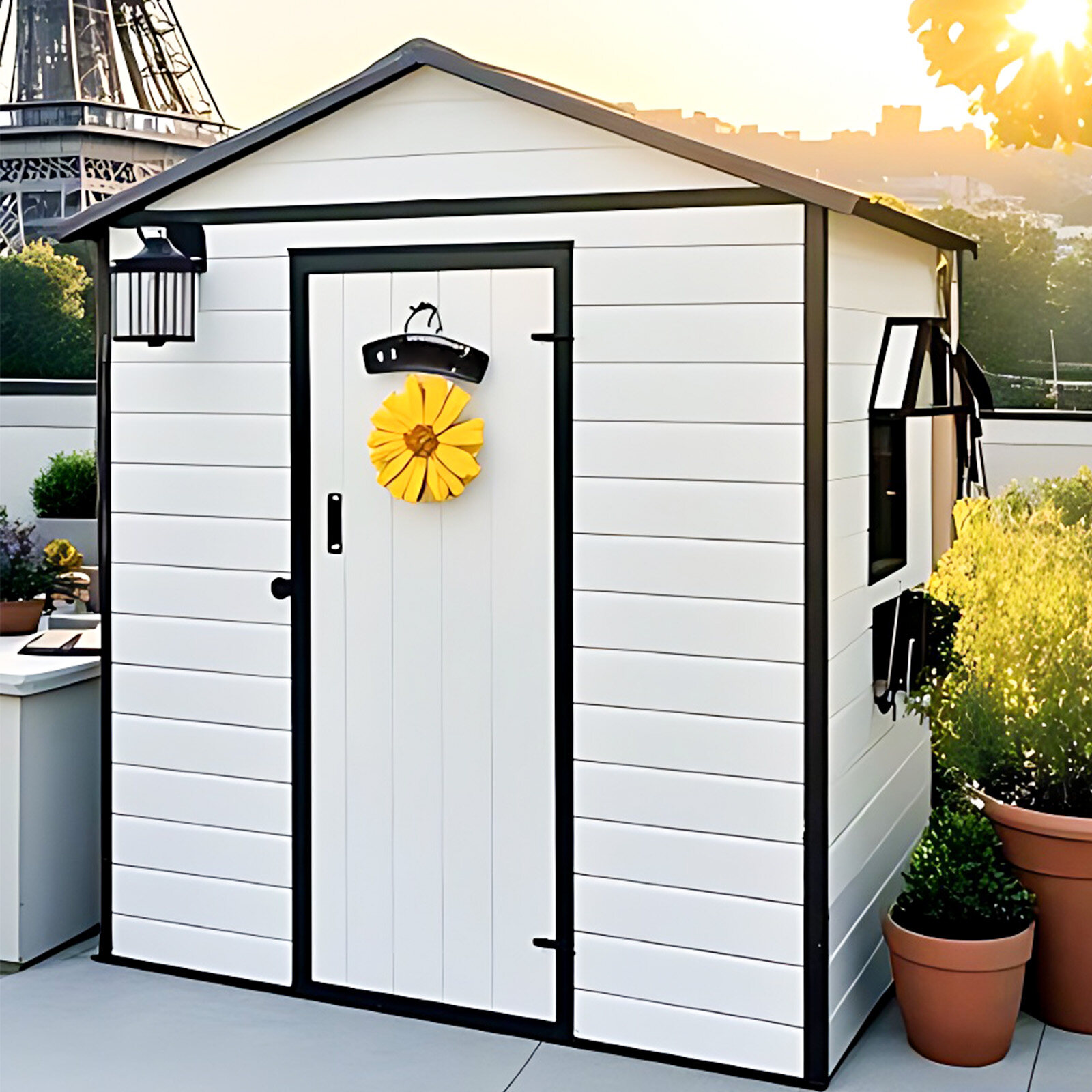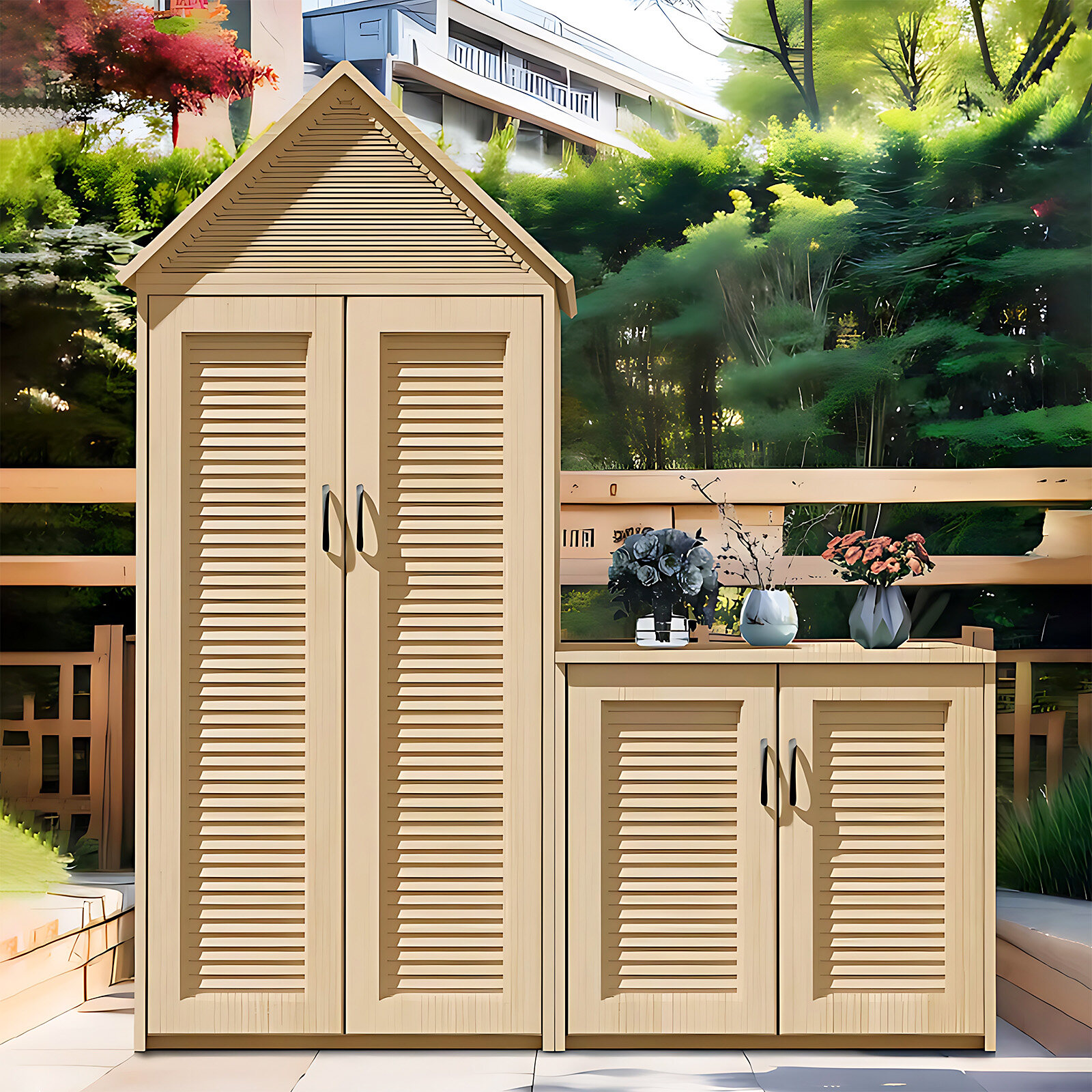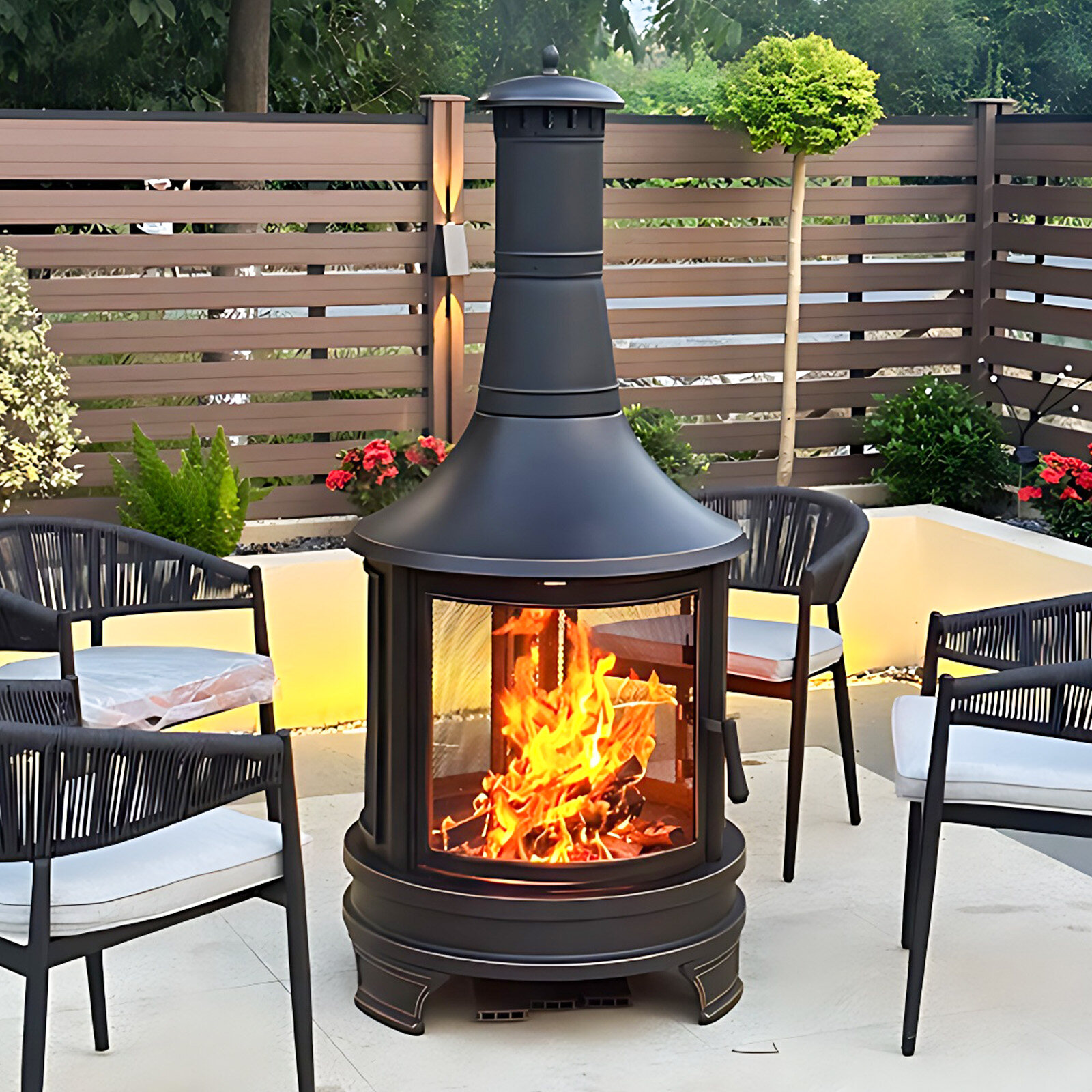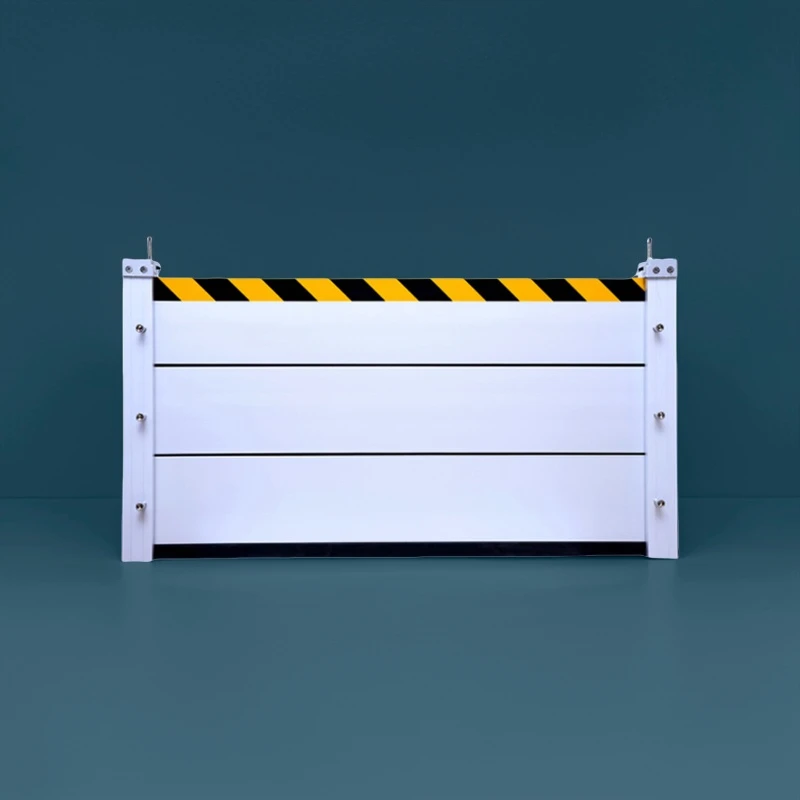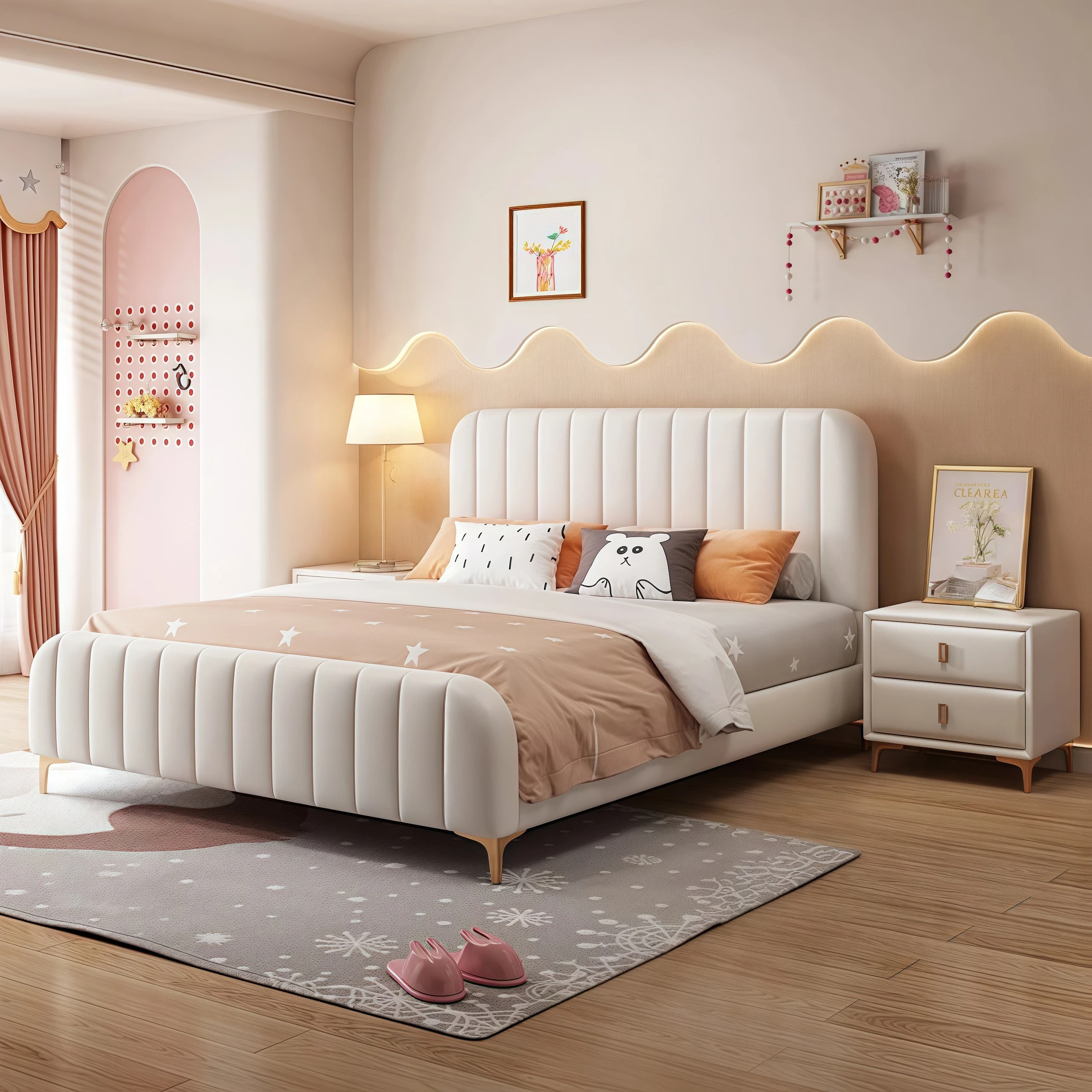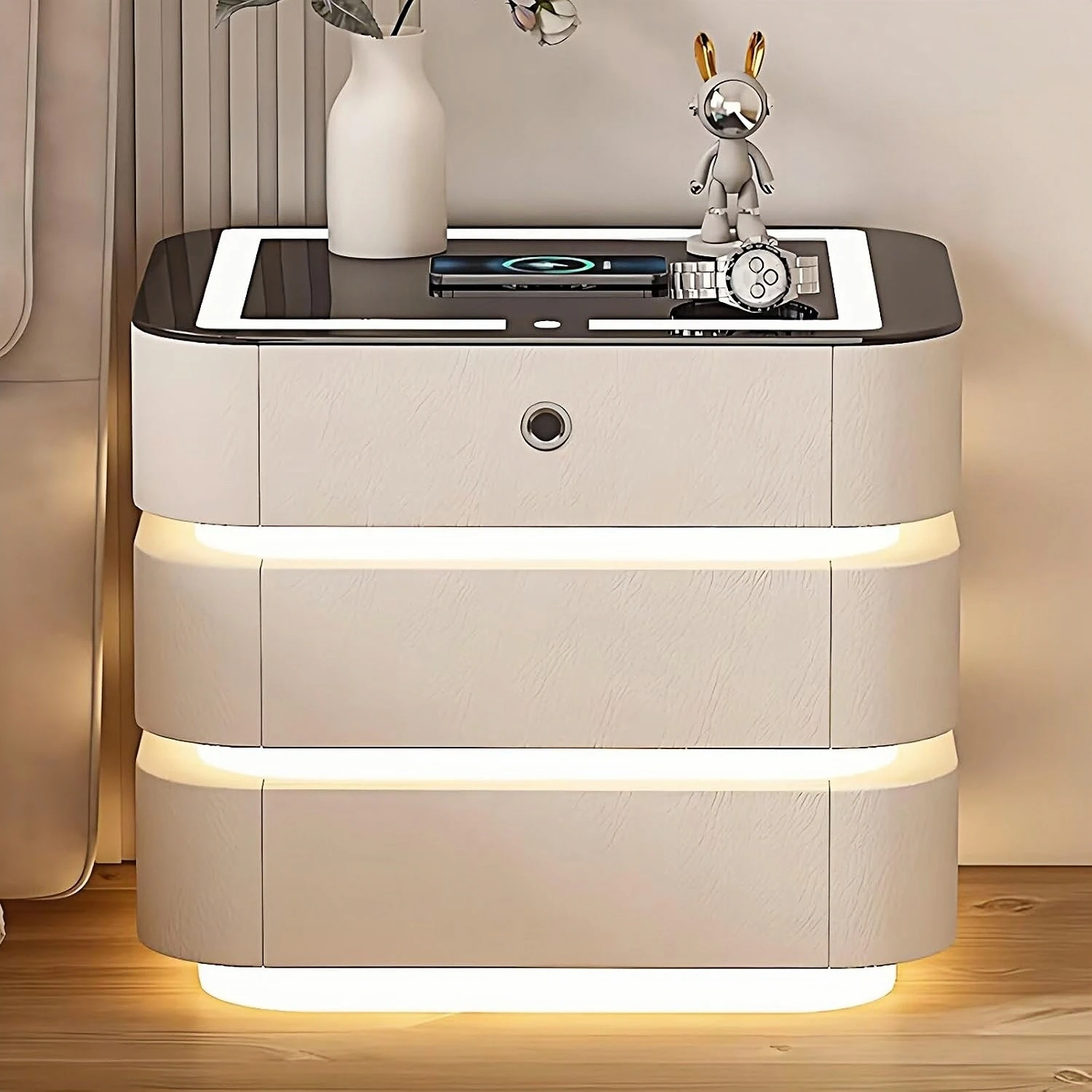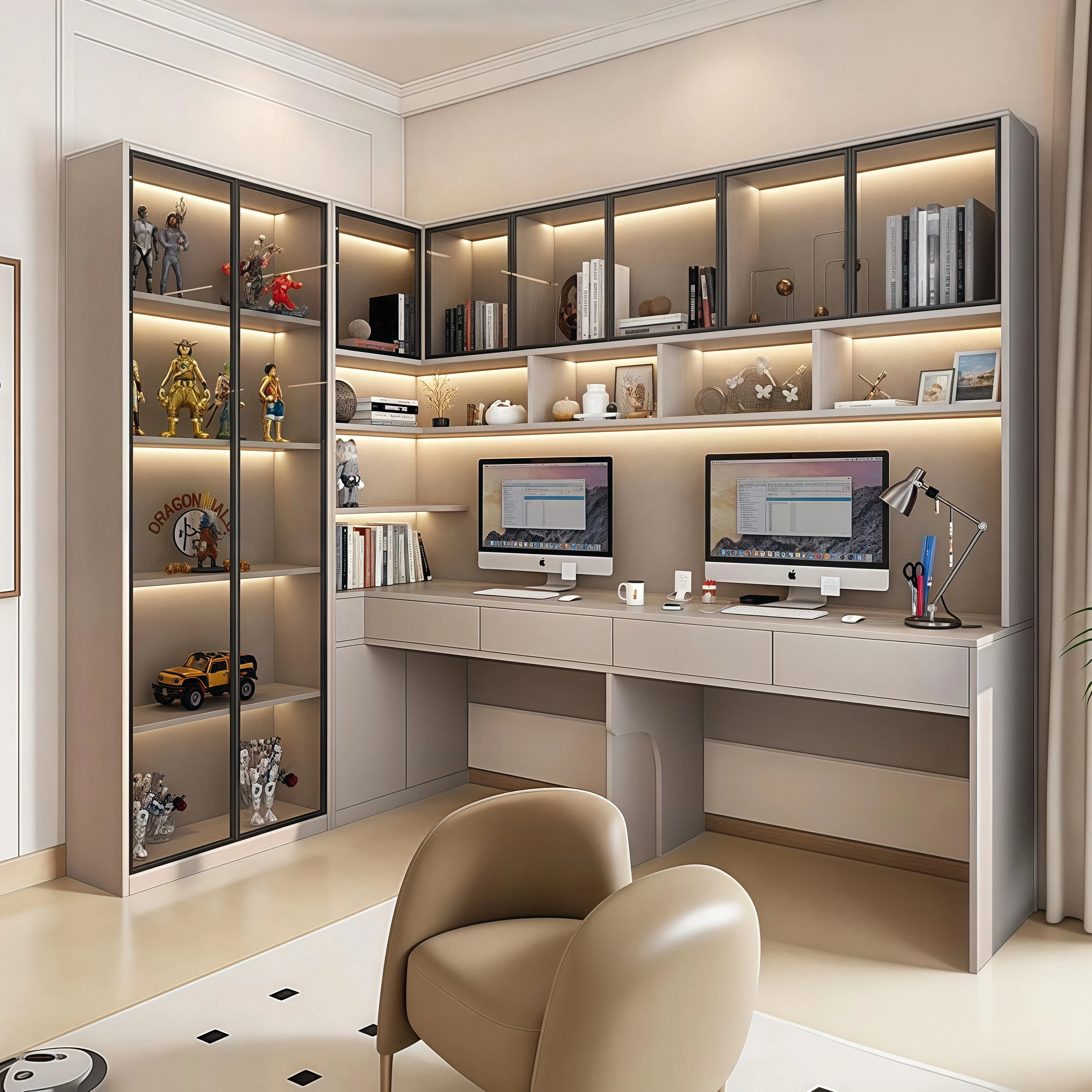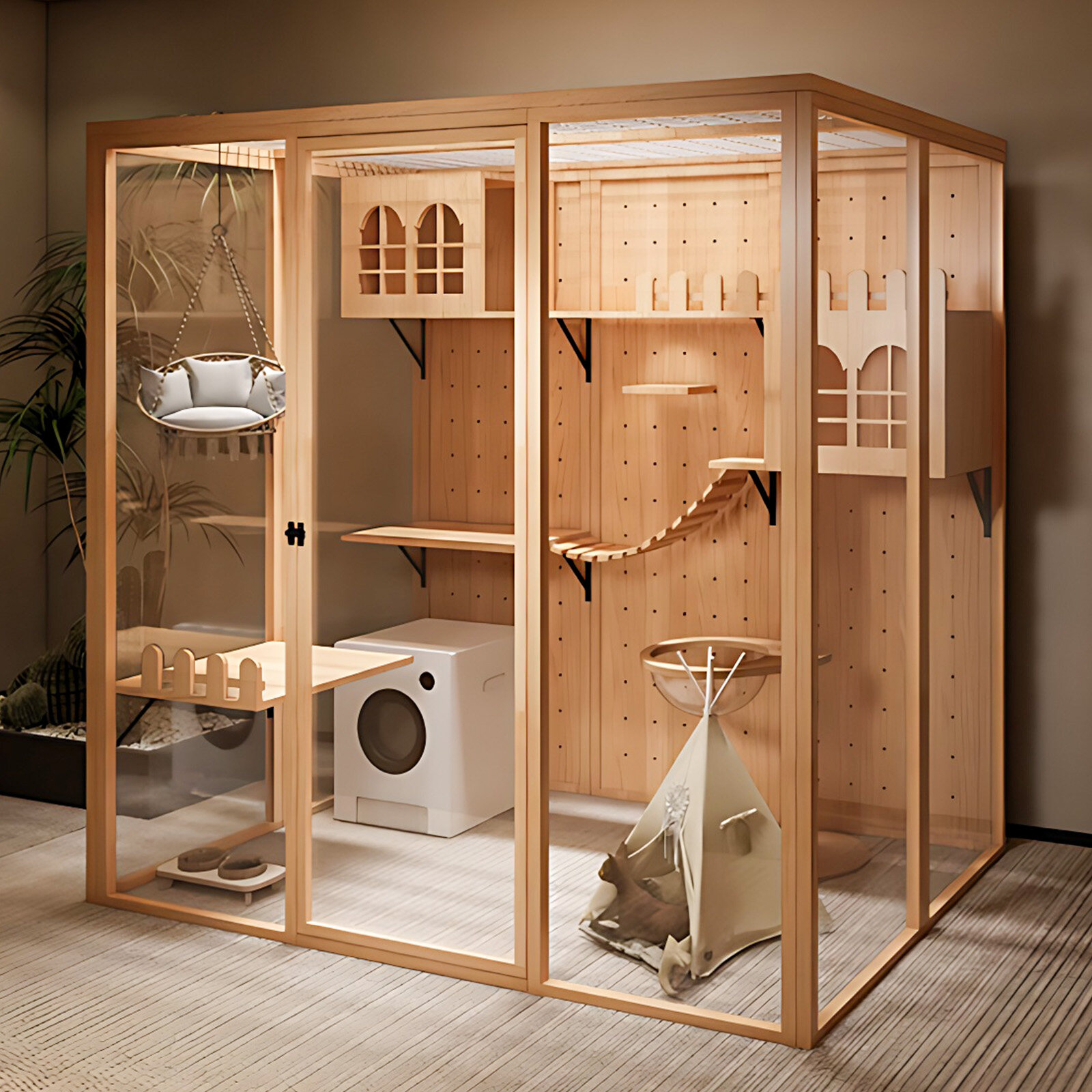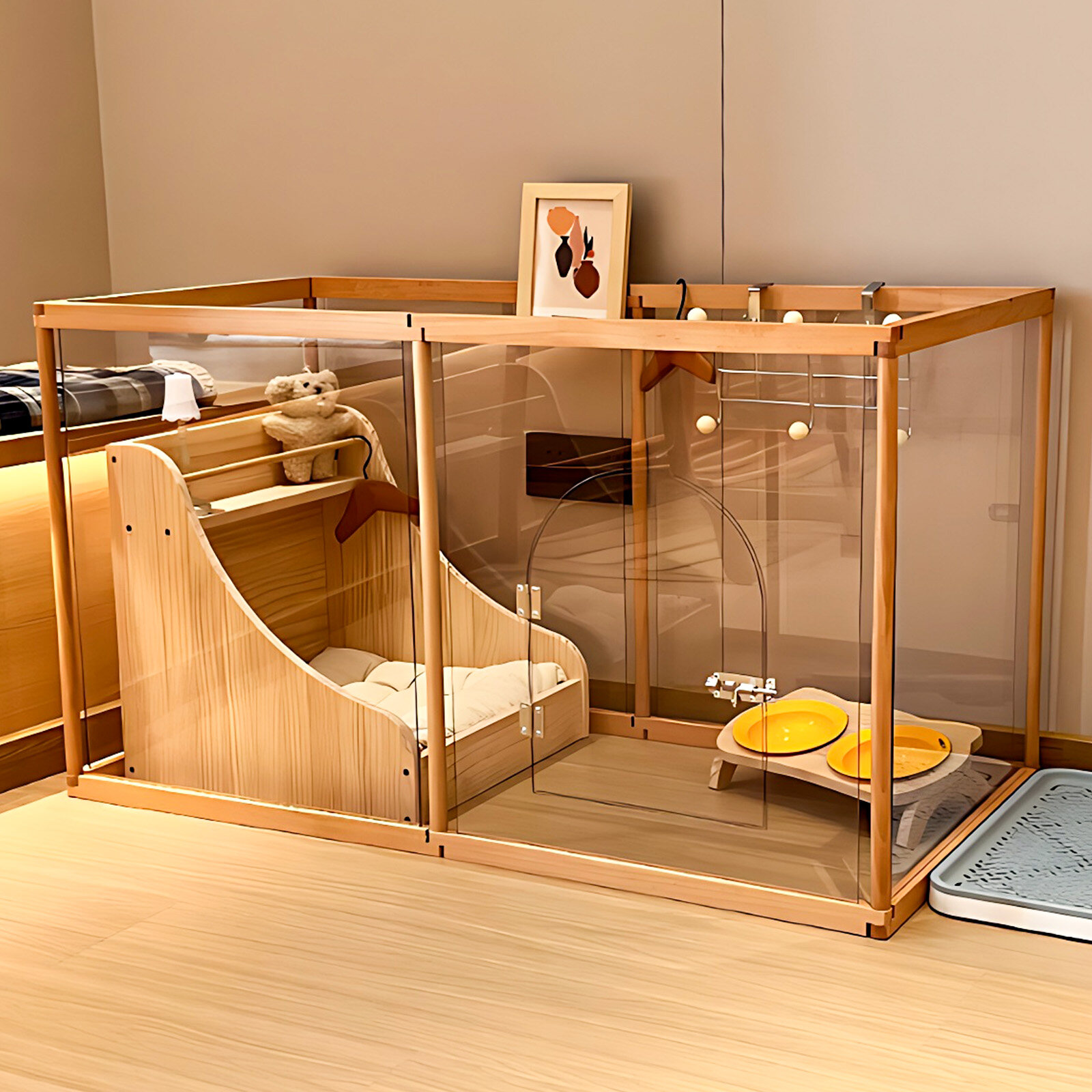Health topics are becoming increasingly heated, and environmental protection is becoming a trend. People are terrified of formaldehyde, fueled by the media. Home furnishing manufacturers, large and small, are waving the banner of environmental protection, using health slogans, conflating "health" and "environmental protection." What truly constitutes health? E2 board? International standard E1 grade? European standard E0 grade? Japanese standard F4 grade? No! None of them. They may be called "environmentally friendly materials," but they are not "healthy." Healthy glue is the healthiest!
As we all know, "environmentally friendly" means that the release of harmful substances meets relevant standards, hence the E2, E1, E0, and F4 standards. This doesn't necessarily mean that simply meeting environmental certification standards is a "healthy" product. Therefore, E2-grade boards are prohibited for indoor use. Other boards also have quantity requirements relative to the space. From a health perspective, the fewer harmful substances released, the better. Artificial boards are environmentally friendly and healthier. Backed by our own adhesives, our boards eliminate pollution at the source. We are committed to creating ultra-healthy homes, becoming a true spokesperson for environmental protection, and ushering in a new trend of healthy homes!
Leveraging the group's strong capabilities, the company has been guided by product development, talent development, and branding strategies since its founding in 2013. Its proprietary production of biomass-based, formaldehyde-free, waterproof, and environmentally friendly adhesive has enabled the company to stand out among the top ten board brands in the formaldehyde-free and environmentally friendly sector, making it a national leader in environmentally friendly furniture board. The company also maintains research partnerships with the Wood Industry Research Institute of the Chinese Academy of Forestry, Nanjing Forestry University, and Beijing Forestry University. Its current adhesive product portfolio includes over 40 varieties across eight product lines: urea-formaldehyde resin, phenolic resin, modified melamine resin, polyvinyl acetate emulsion, as well as veneer glue, plywood glue, formaldehyde eliminators, and wood grain masking agents. The company also continuously upgrades its environmental protection efforts, most notably through the development of soy-based plant-based adhesives.
Soybean plant glue is a completely natural, green adhesive made from renewable soybean meal and water as its primary dispersion medium. Even during production, it produces no pollution. The advent of soybean plant glue fundamentally addresses the formaldehyde emission issue associated with traditional amino resins, thus resolving a global challenge that has plagued the wood-based panel industry for years.
Typically, a room decorated with ordinary wood panels must be vacant for at least 30 days before being occupied. Plant-based wood panels, made from pure, natural soy biomass glue, contain no toxic chemicals and emit no toxic or irritating fumes. Combined with high-quality, natural, virgin wood panels, they impart a natural, refreshing aroma reminiscent of wood and soy, allowing for immediate move-in comfort.
It is healthiest to use your own glue for the board!

 USD
USD
 GBP
GBP
 EUR
EUR
